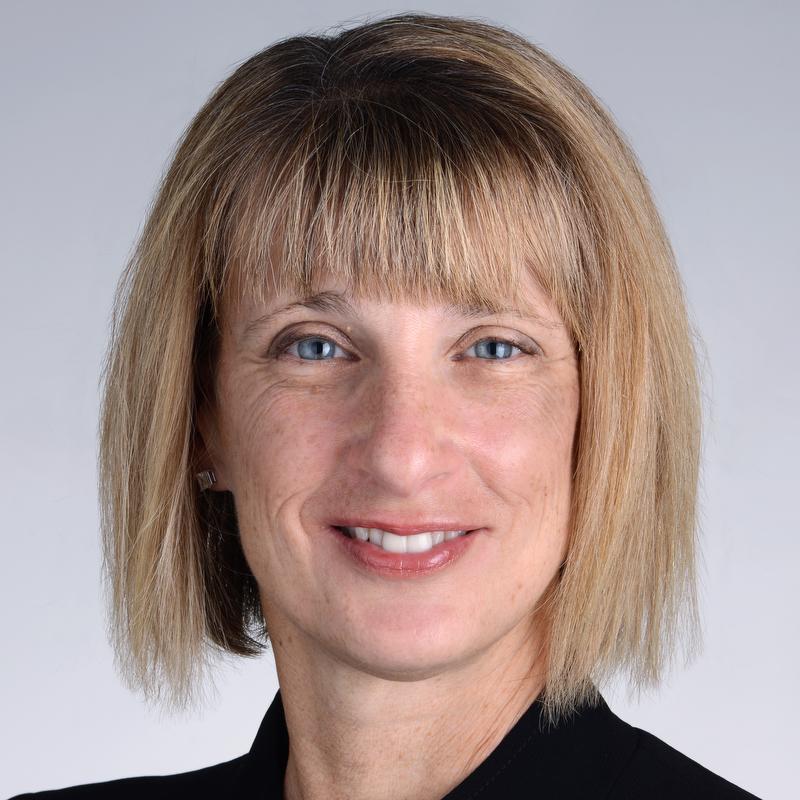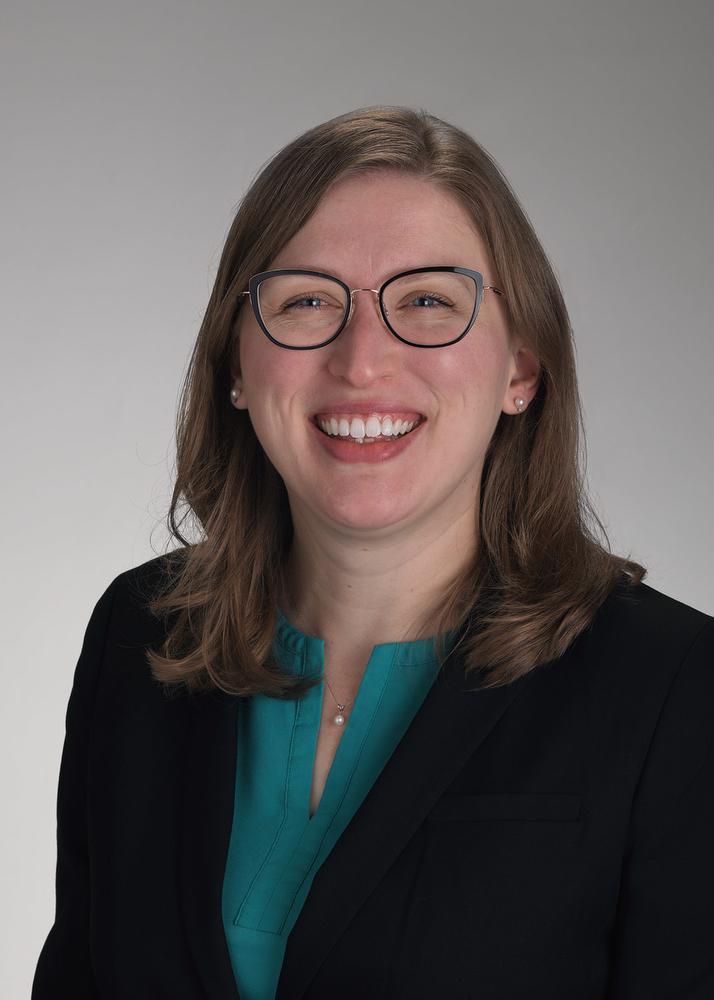

KL2 Scholar Jess Meyer, Ph.D., KU Medical Center
By Kelly Hale , Marketing & Communications Specialist
Sep 09, 2025
Project Overview: Meyer’s KL2 research will use a life course approach to investigate how sleep duration predicts epigenetic aging. Specifically, she will examine how sleep duration from adolescence to early midlife associates with epigenetic aging in early midlife. Meyer will also gain training related to sleep health interventions, as well as training on the relationship between sleep and aging.
Mentor: Katie (Catherine) F. Siengsukon, Ph.D., PT, DBSM, CHWC
She is fortunate to have the guidance of esteemed mentors in her research journey, including Kathleen Mullan Harris, Ph.D., Allison E. Aiello, Ph.D., and Devin C. Koestler, Ph.D.
Jess Meyer’s, Ph.D., research, situated at the intersection of sociology and health, examines how social determinants influence a person’s health, particularly their sleep patterns. She also studies how poor sleep affects a person’s overall health and the aging process.
“As a sociologist, I’ve been interested in how people use their time,” Meyer said. “Any dimensions of sleep health that are reflected in time use are an area I am interested in, and so far, a key component of my research has been time diaries. Time diaries can capture when you wake up, what your next activity is, and how long you spend working.” Time-related aspects of sleep include duration, timing, and whether sleep is regular between weekdays and weekends.
“I haven’t yet looked at areas like sleep apnea as much, which is more of a clinical aspect,” she said. “So far, I have focused more on things that you wouldn’t classify as a clinical disorder per se, but that are still relevant to health and well-being.” For instance, “Could even 30 minutes of time difference have implications for your health and well-being?”
One area that could be impacting sleep is the prevalence of streaming.
Meyer led a time diary analysis showing that, from 2003 to 2019, a period during which streaming expanded, people reported going to bed earlier and also stopping TV watching at earlier times.
“These changes in TV watching were statistically related to changes in bedtimes,” she said. “In this study, we can’t say streaming had a causal impact per se, but there have been societal changes over time that could be impacting sleep.”
The time diaries cannot objectively answer whether people were on their phones once they went to bed.
“And,” Meyer notes, “public health knowledge around sleep has increased so that could be a change as well.”
As Meyer delves into her time in the KL2 program, she hopes to gain a deeper understanding of the relationship between sleep and aging. For her KL2 project, she is examining the relationship between sleep duration and epigenetic aging measures, which utilize DNA methylation in the body to assess biological aging.
“These measures can help assess whether some people are aging faster than others,” she said. “For example, if someone who is 40 shows a DNA methylation profile that looks more like what we would expect in a 45-year-old, then you’d say they have accelerated epigenetic aging.”
By investigating potential causes of accelerated aging before the onset of older adulthood, Meyer hopes to identify opportunities to intervene and prevent aging-related diseases earlier, offering a ray of hope in the field of health research.
In addition to her research project, Meyer looks forward to the career development and team science aspects of the KL2 program, as she hopes to lead her own teams in the future.
“This is a great opportunity for me to learn skills, like how to put a team together, management of teams, and how to do things to improve the science,” Meyer said. “I appreciate the mentorship from the people leading the KL2 program as well.”
Latest Articles
View All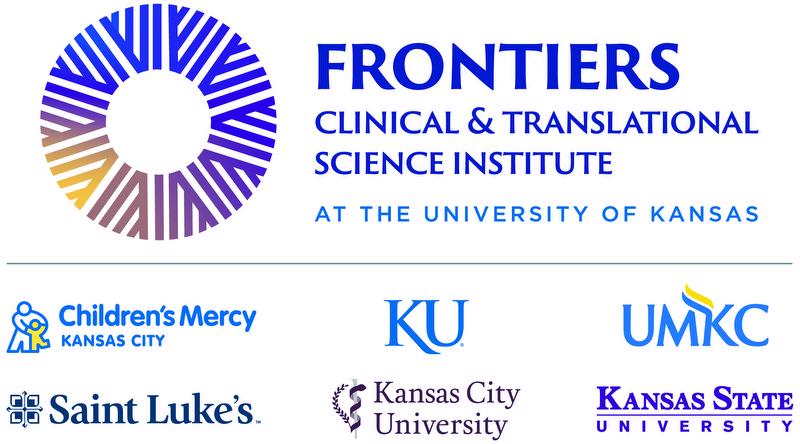 Funded Projects · News
Funded Projects · News
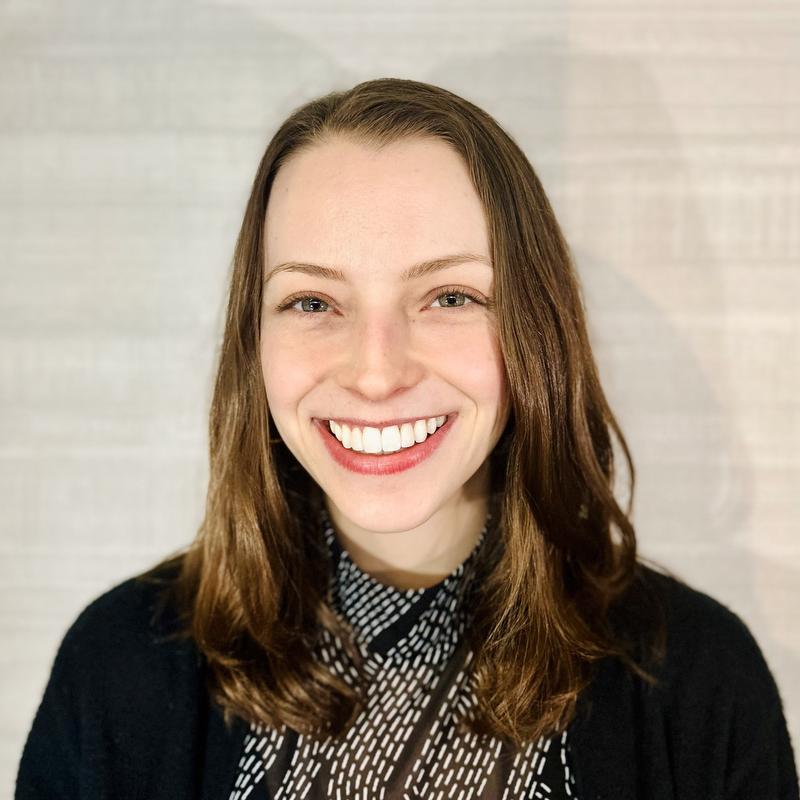 TL1 Trainee · News
TL1 Trainee · News
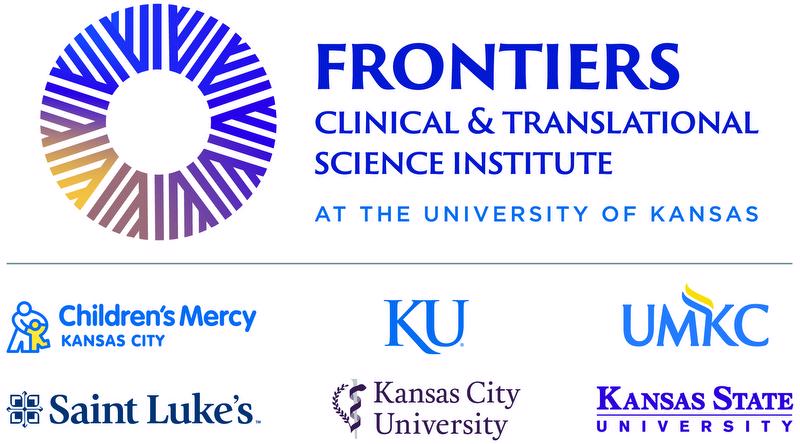 Funded Projects · News
Funded Projects · News
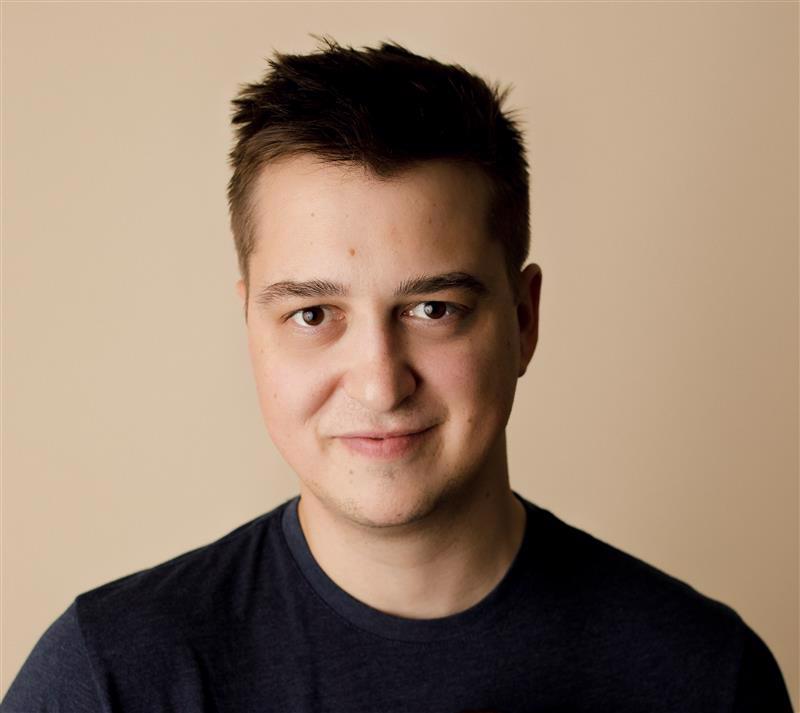 TL1 Trainee · News
TL1 Trainee · News
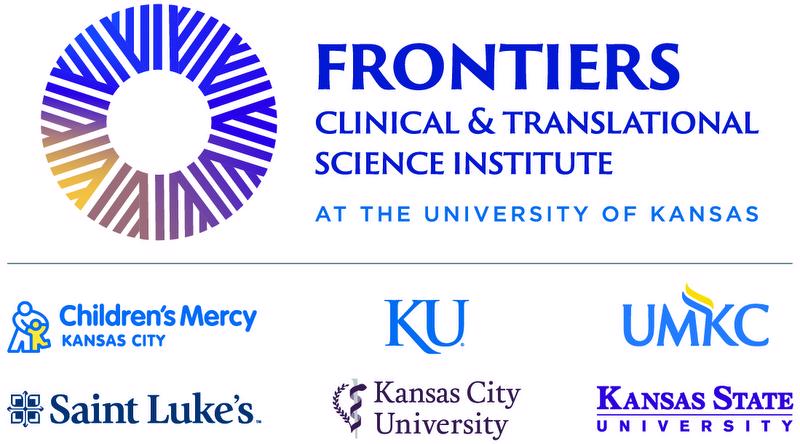 Funded Projects · News
Funded Projects · News
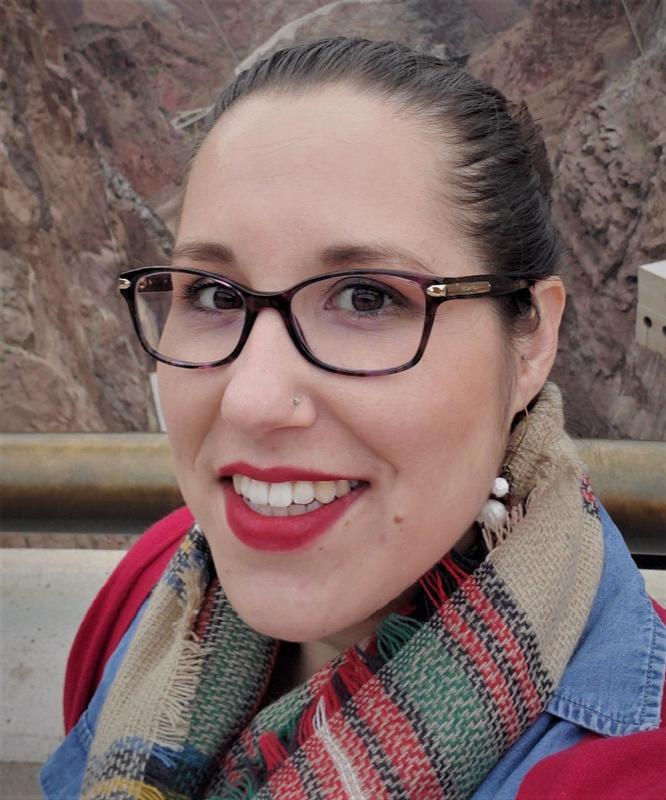 TL1 Trainee · News
TL1 Trainee · News
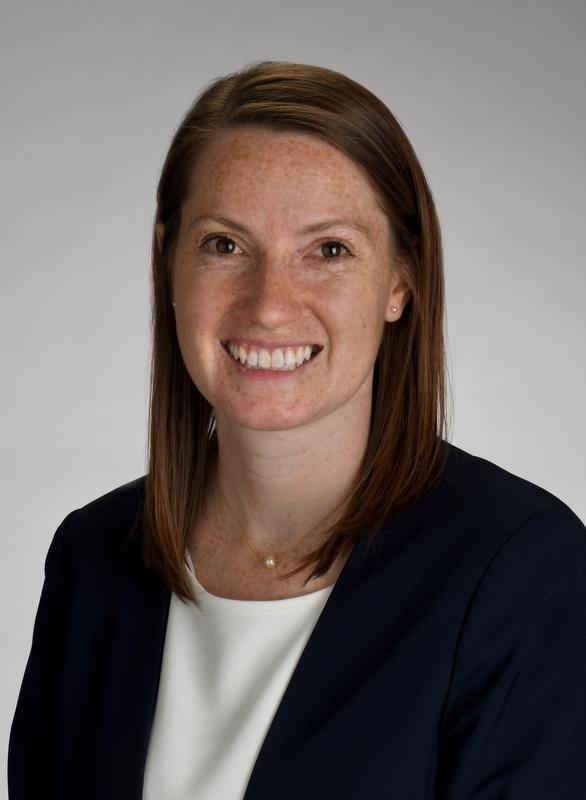 KL2 Scholar · News
KL2 Scholar · News
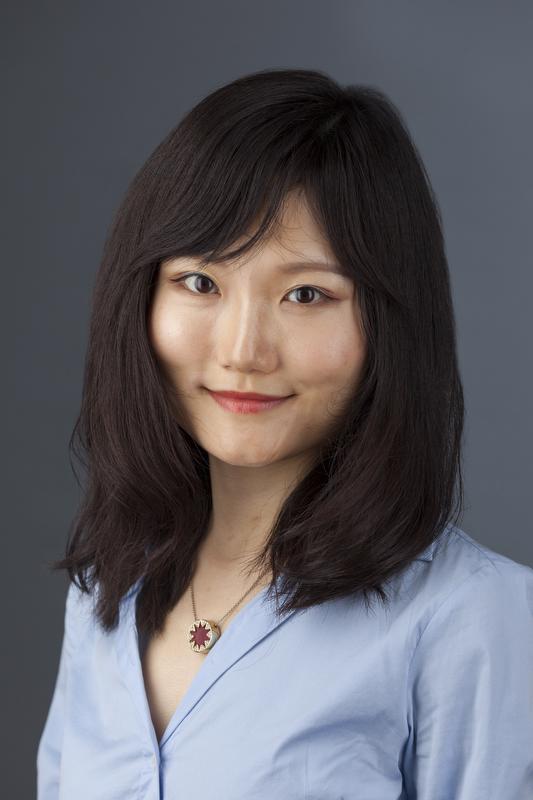 Funded Projects · News
Funded Projects · News
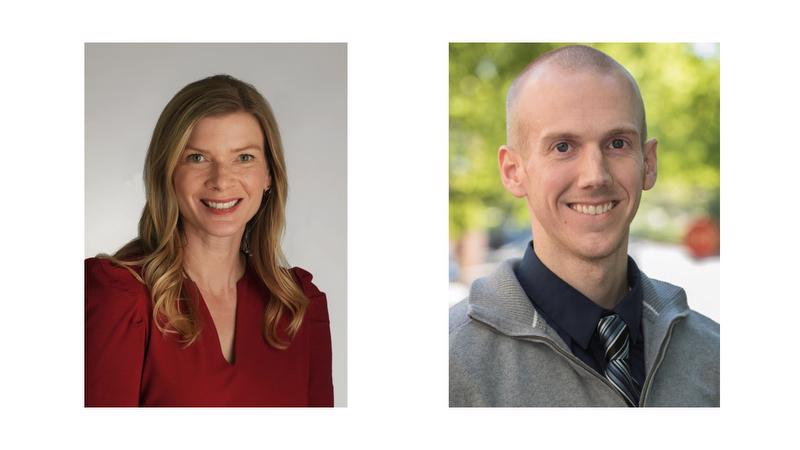 Funded Projects · News
Funded Projects · News
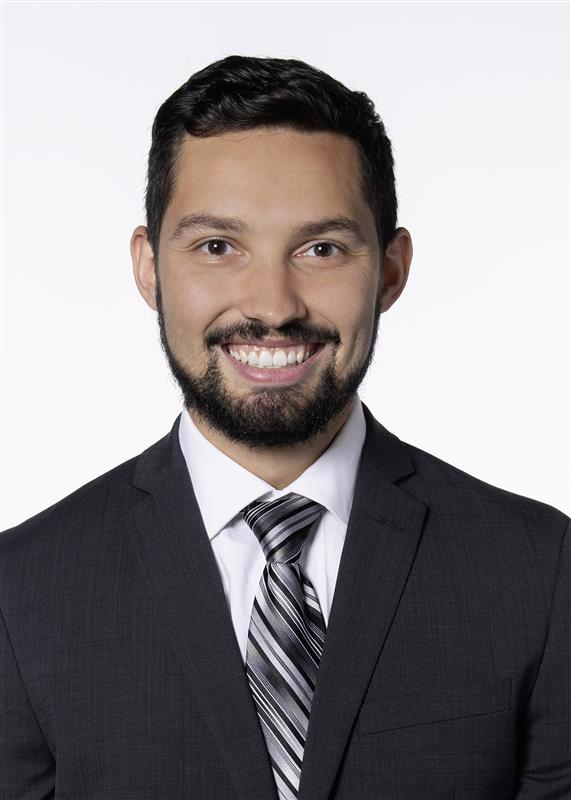 TL1 Trainee · News
TL1 Trainee · News
 KL2 Scholar · News
KL2 Scholar · News
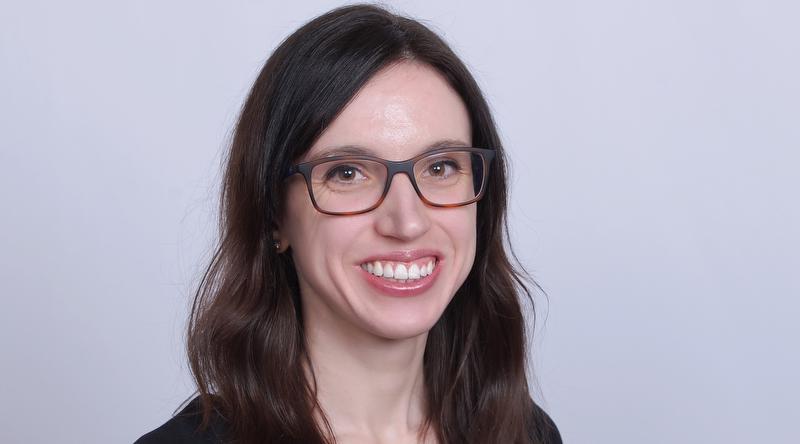 Funded Projects · News
Funded Projects · News
 News
News
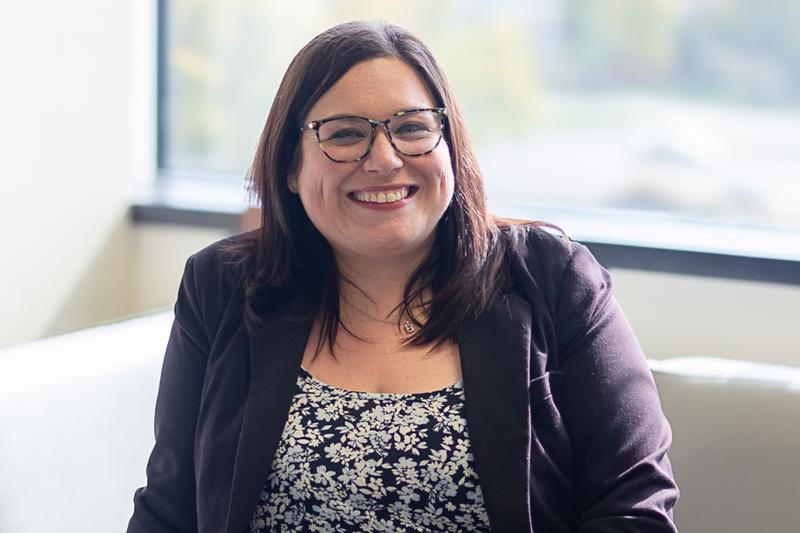 TL1 Trainee · News
TL1 Trainee · News
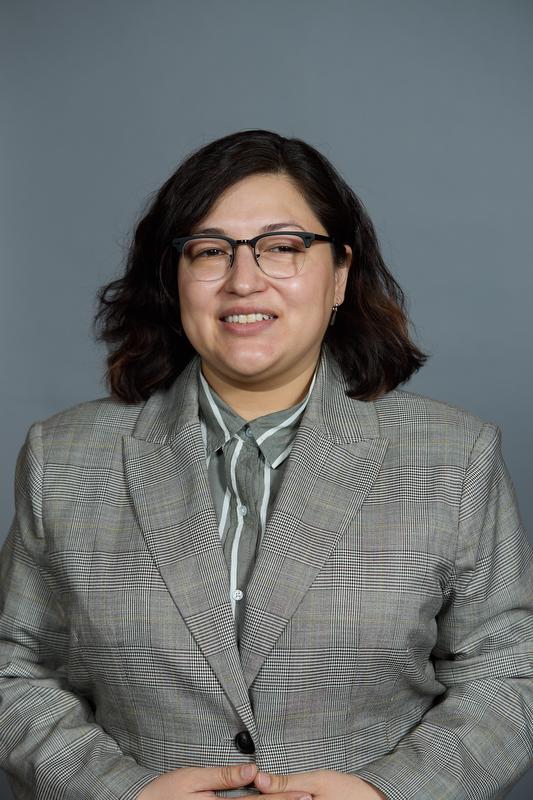 News
News
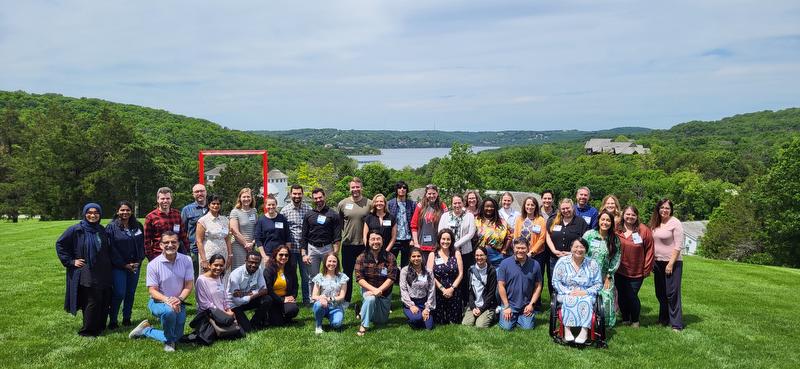 News
News
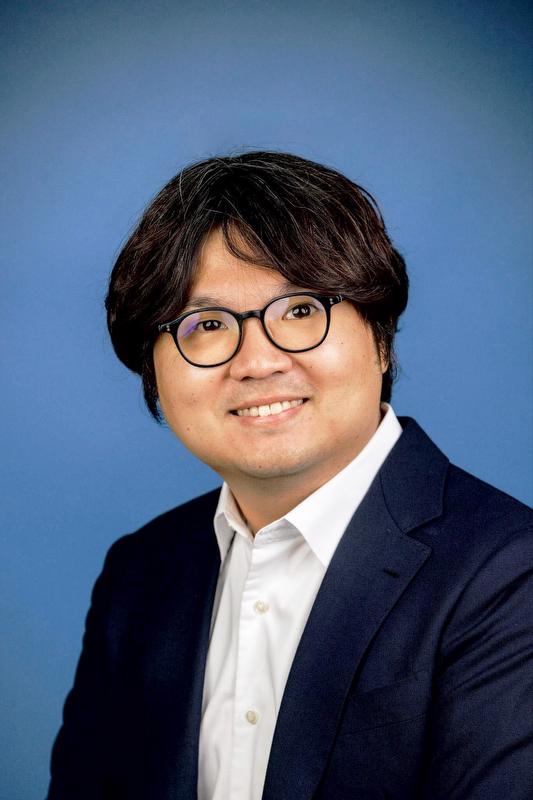 Funded Projects · News
Funded Projects · News
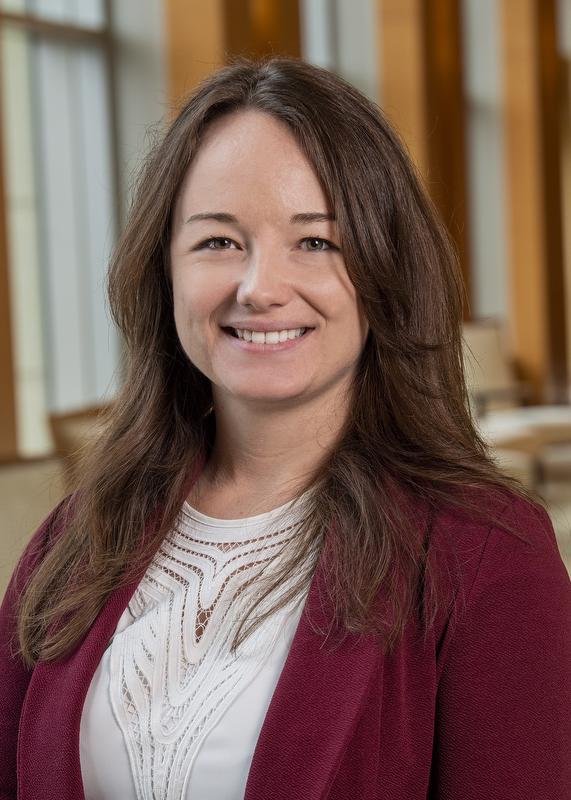 TL1 Trainee · News
TL1 Trainee · News
 Events
Events
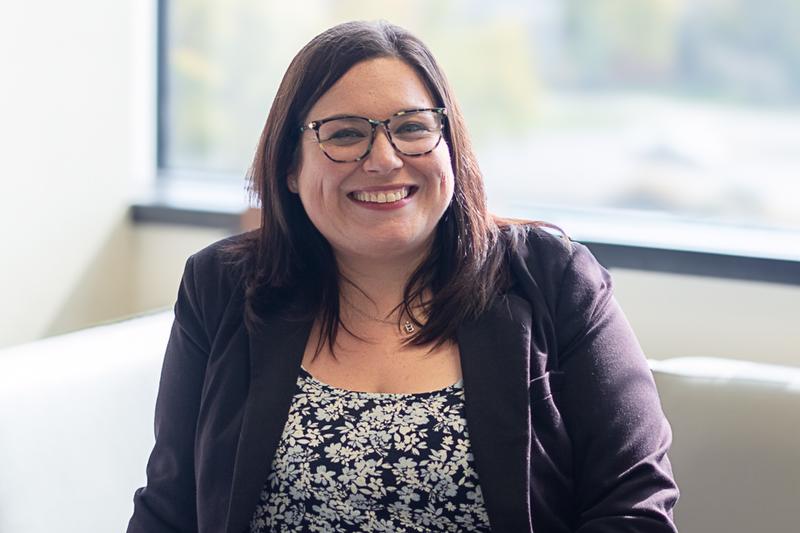 TL1 Trainee · News
TL1 Trainee · News
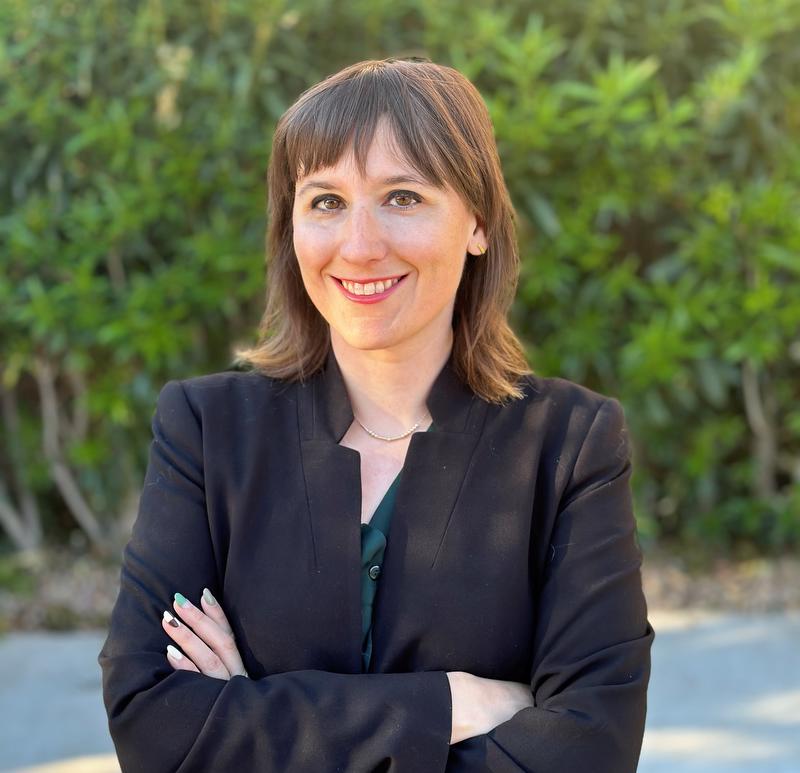 News
News
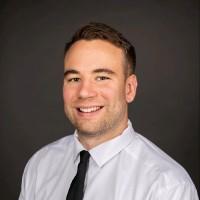 TL1 Trainee · News
TL1 Trainee · News
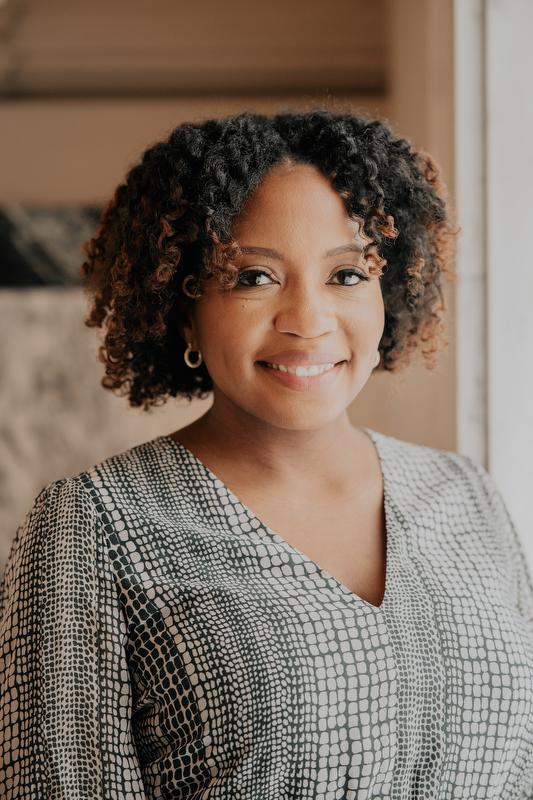 KL2 Scholar · News
KL2 Scholar · News
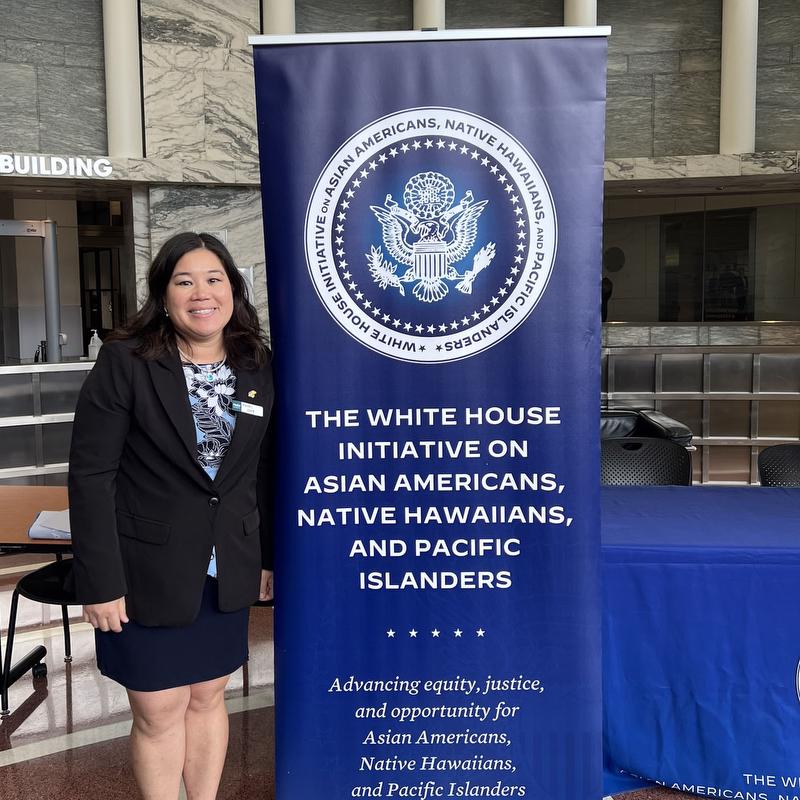 News
News
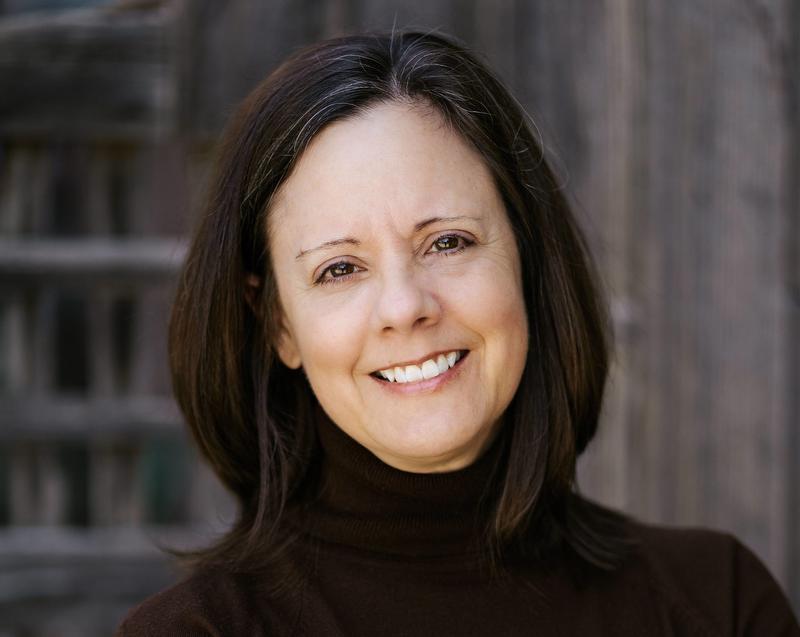 KL2 Scholar · News
KL2 Scholar · News
 Funded Projects · News
Funded Projects · News
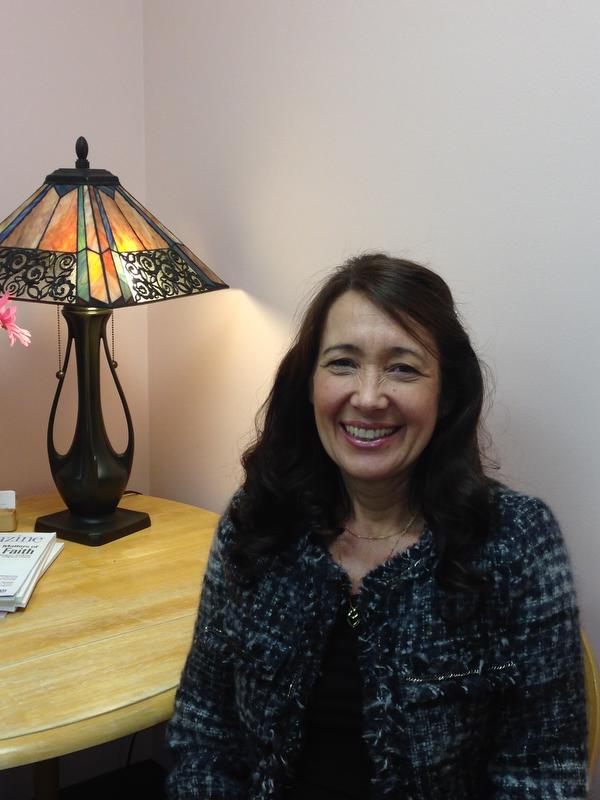 News
News
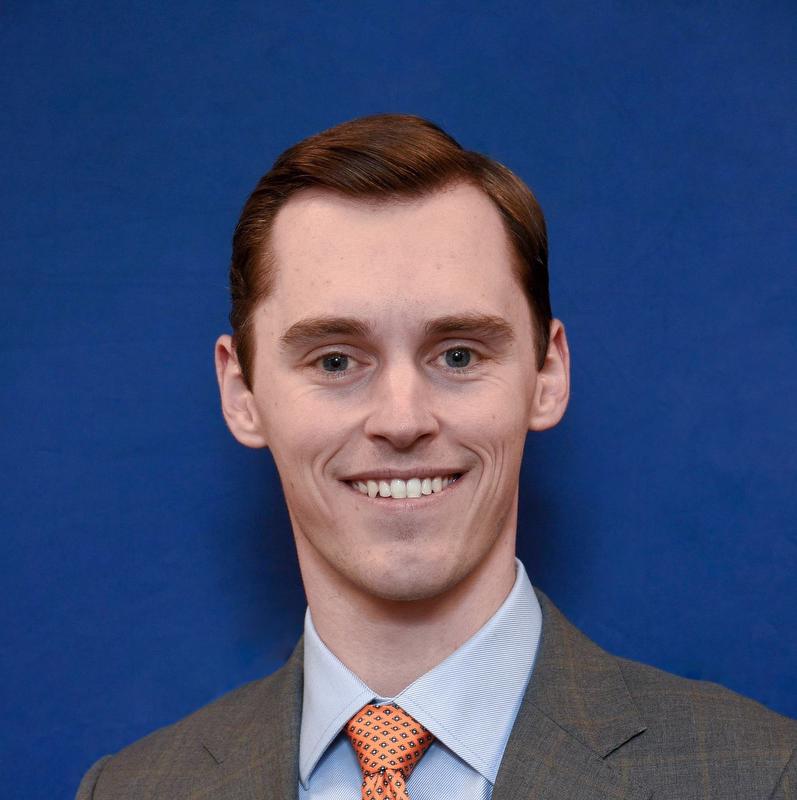 TL1 Trainee · News
TL1 Trainee · News
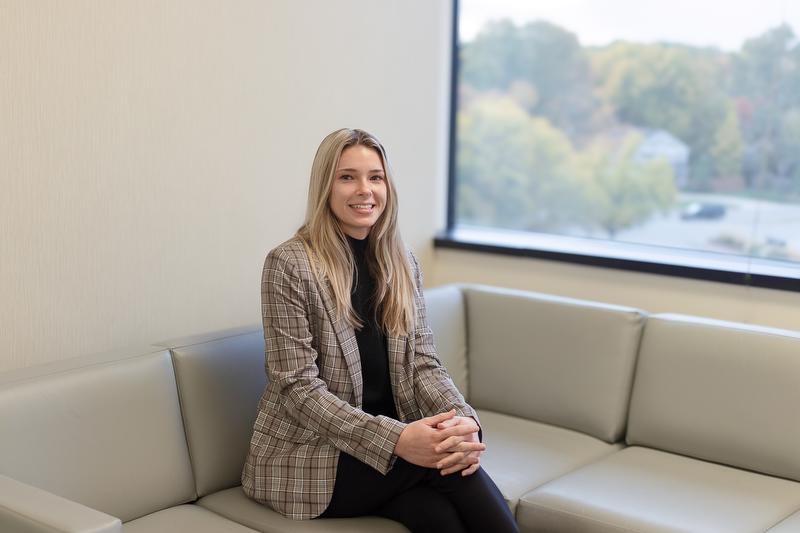
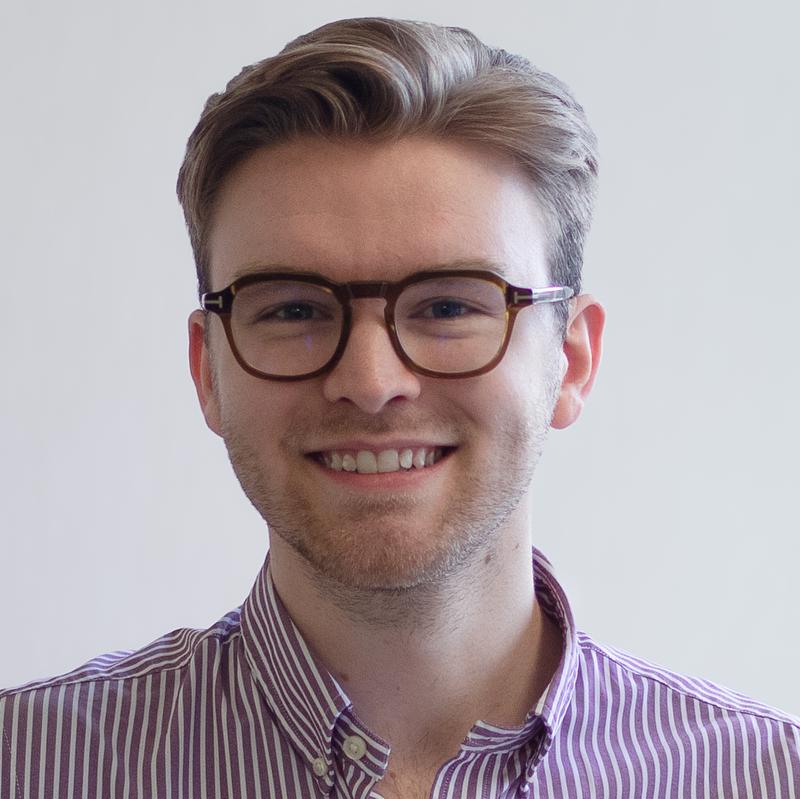 TL1 Trainee · News
TL1 Trainee · News
 Services · News
Services · News
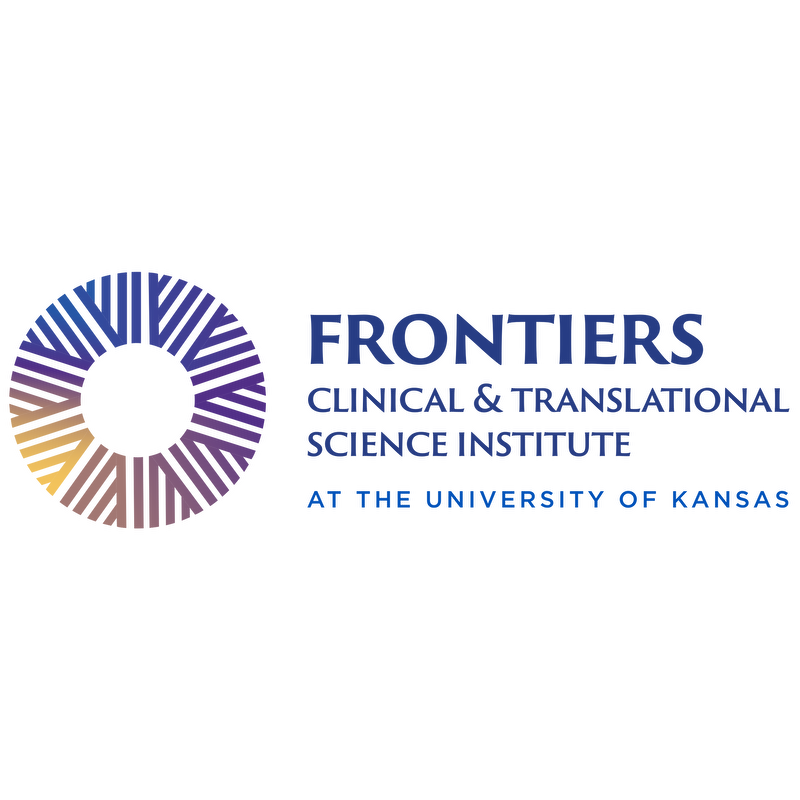 News
News
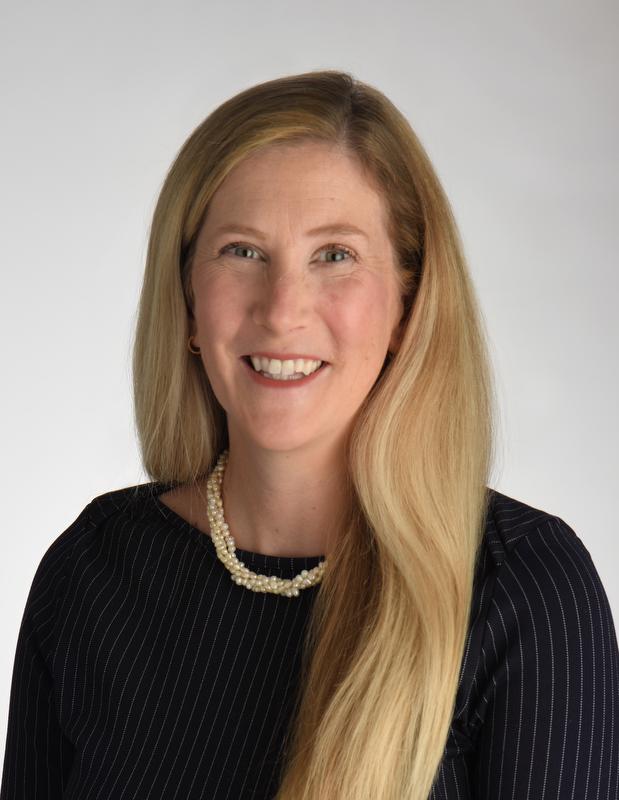 Funded Projects · News
Funded Projects · News
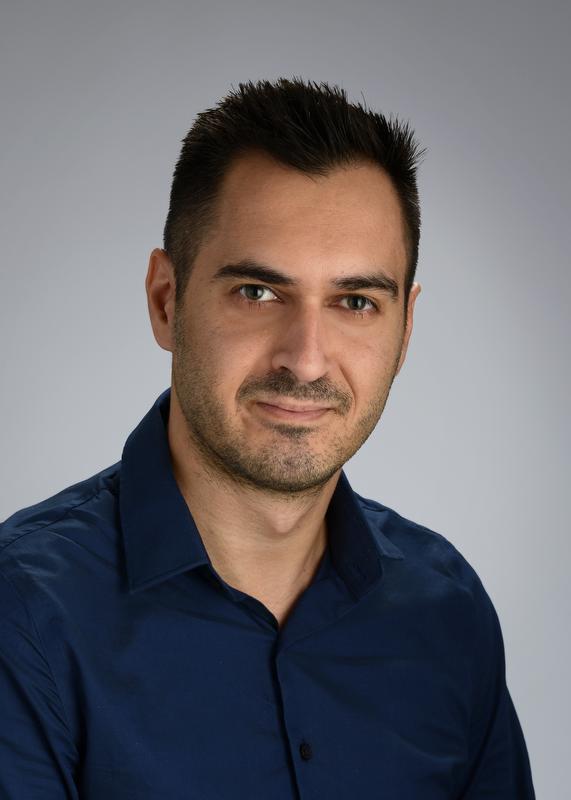 Funded Projects · News
Funded Projects · News
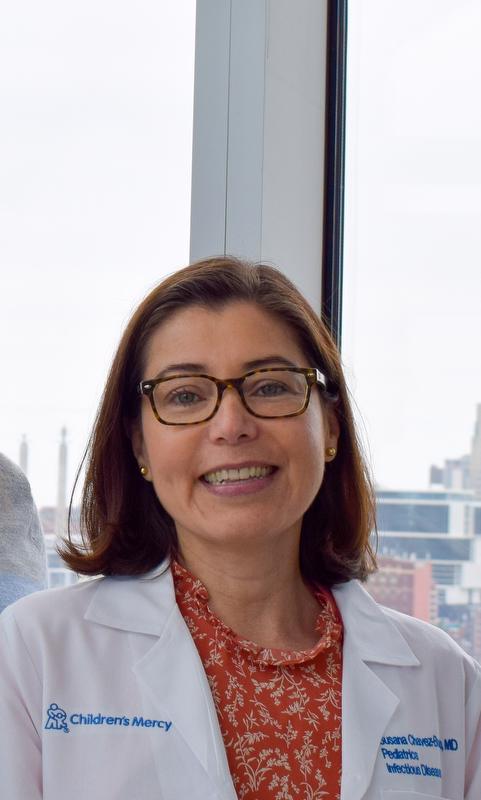 Funded Projects · News
Funded Projects · News
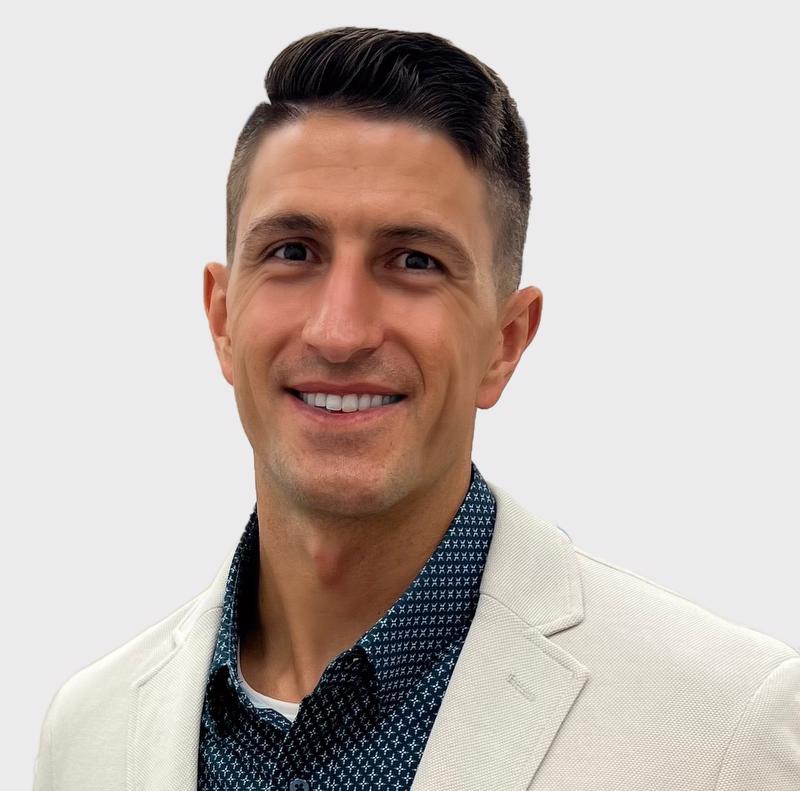 TL1 Trainee · News
TL1 Trainee · News
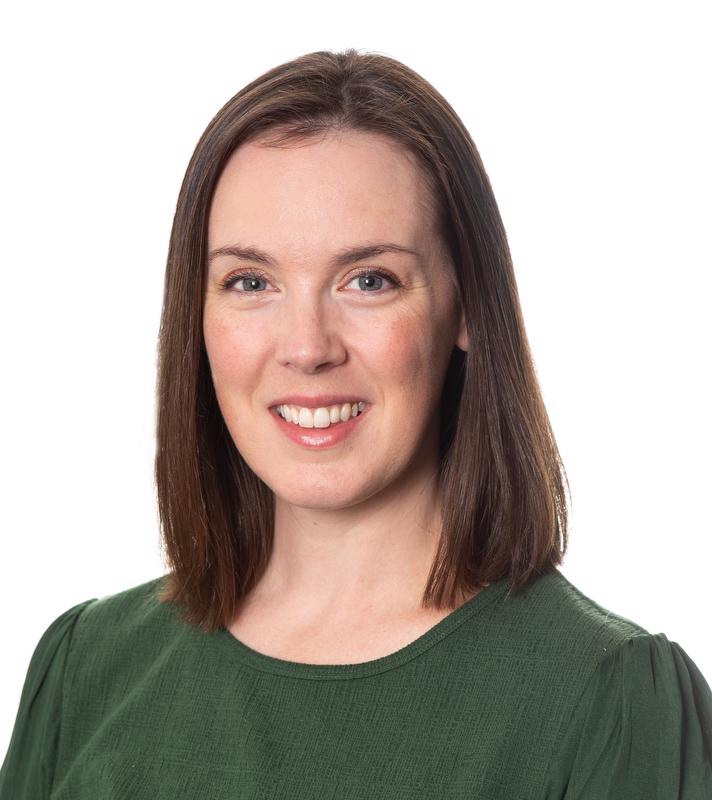 KL2 Scholar · News
KL2 Scholar · News
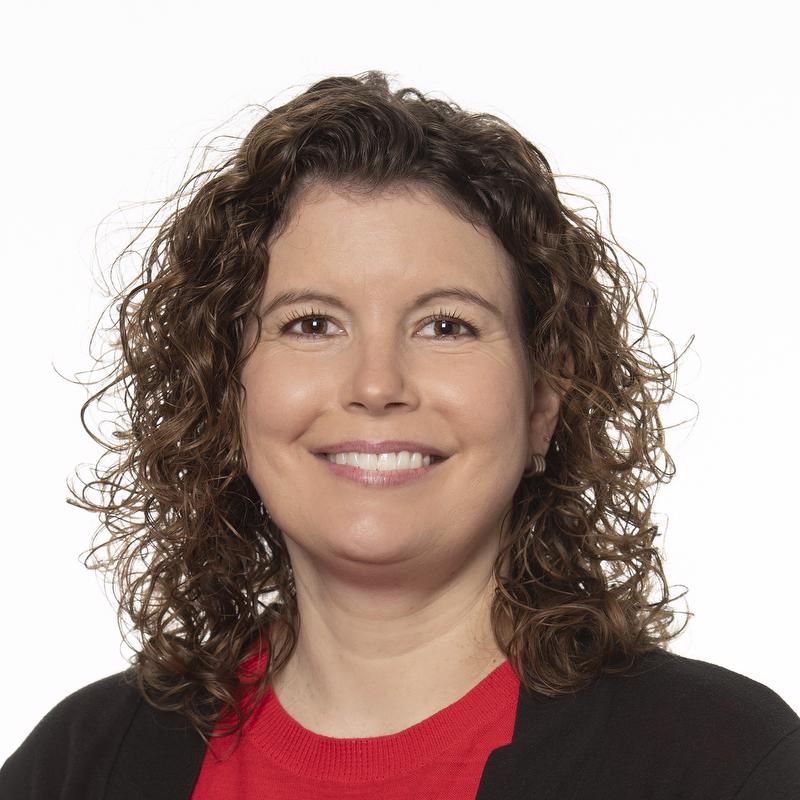 Funded Projects · News
Funded Projects · News
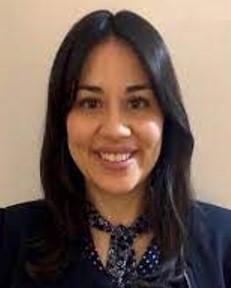 News
News
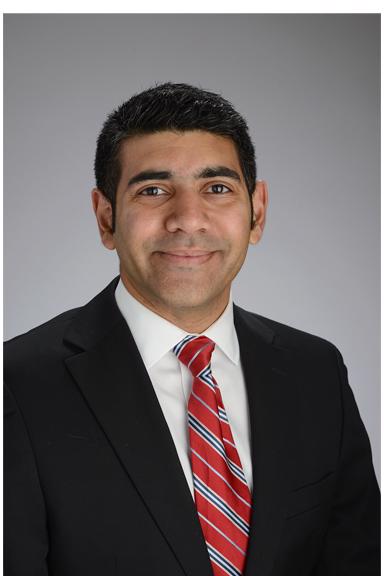 News
News
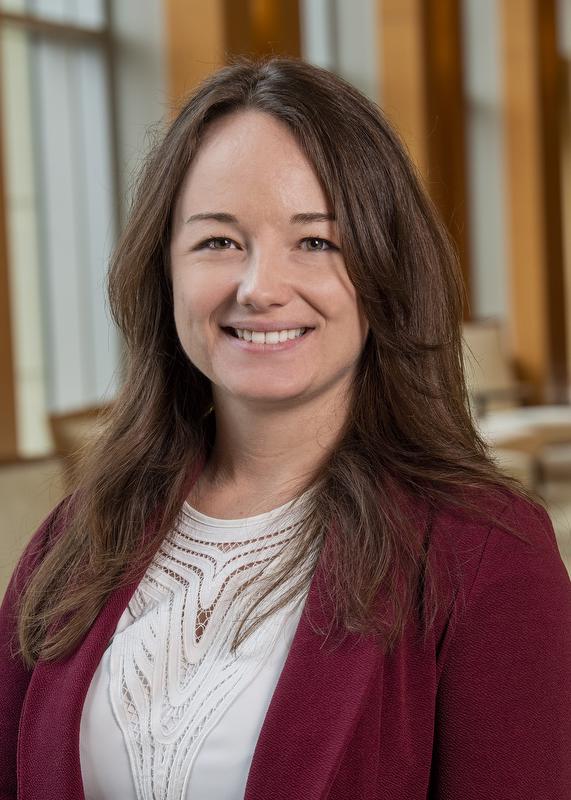 News
News
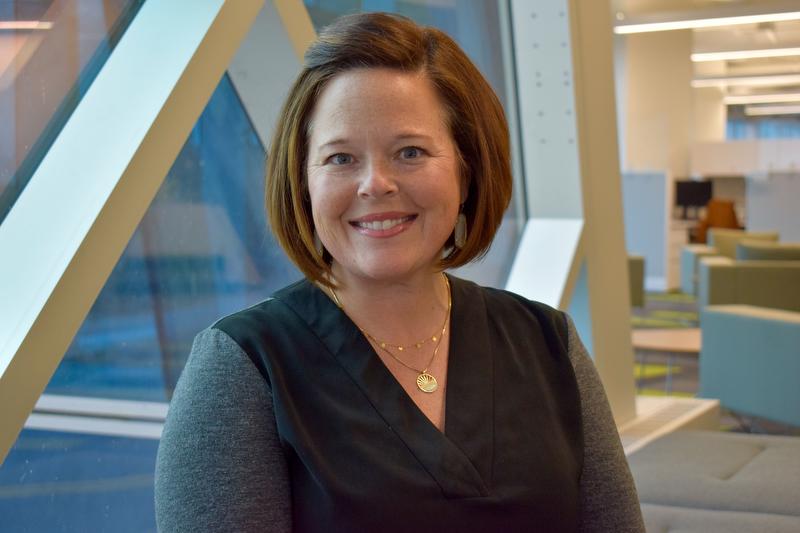 News
News
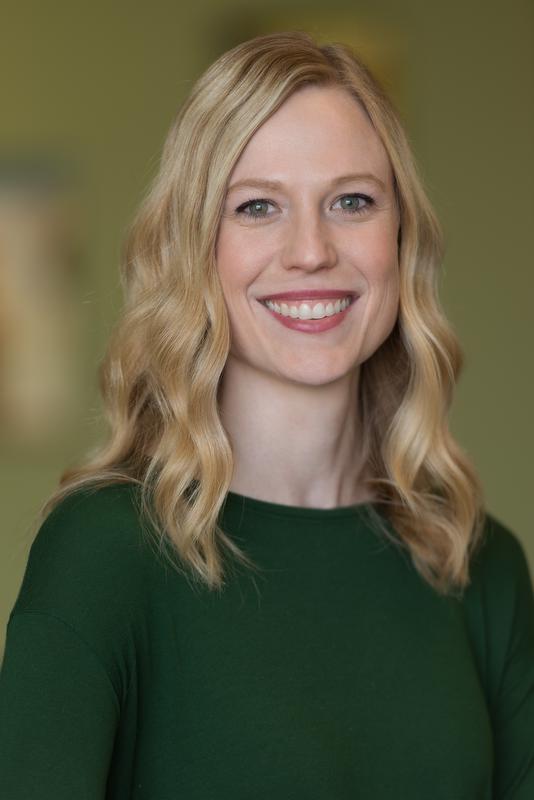 News
News
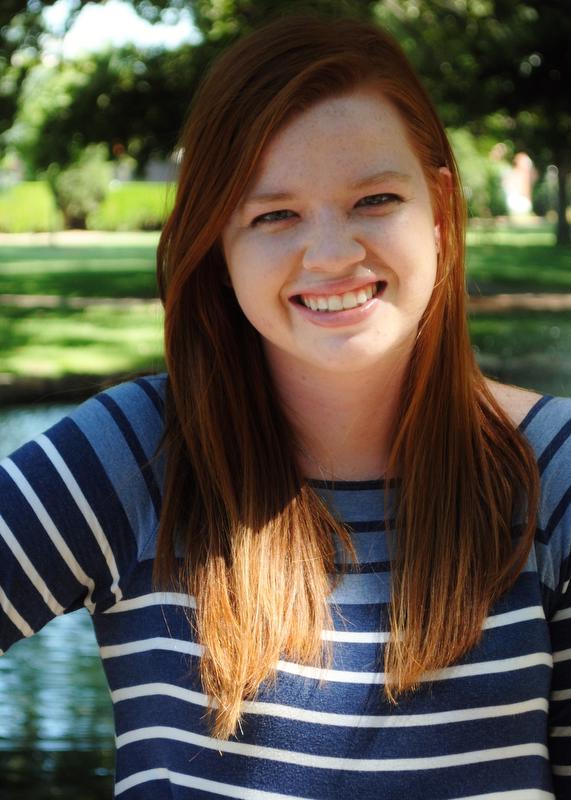 News
News
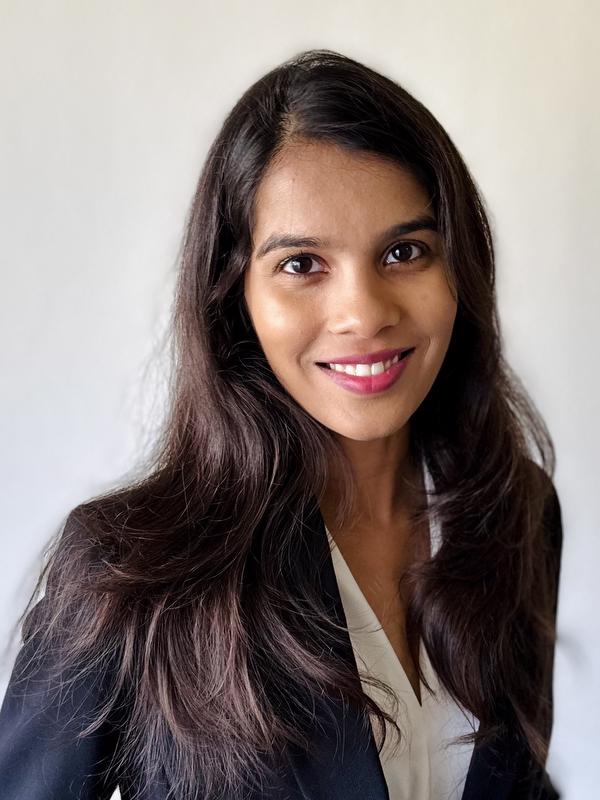 News
News
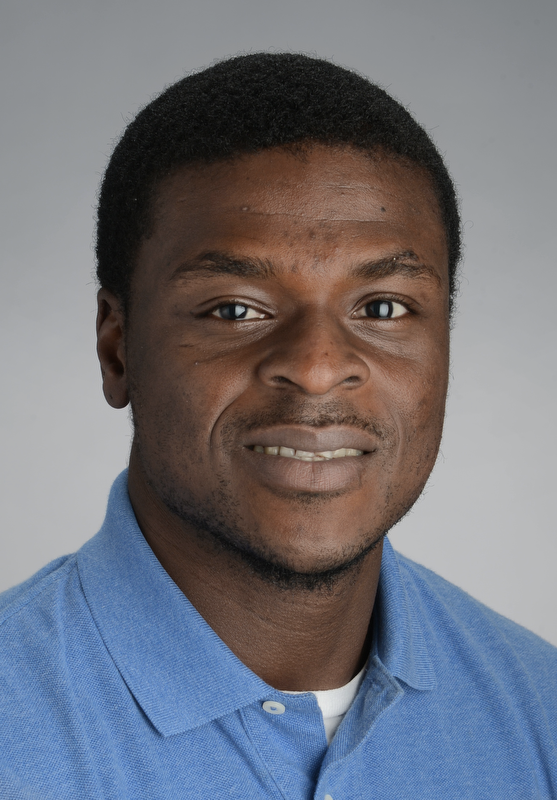 News
News
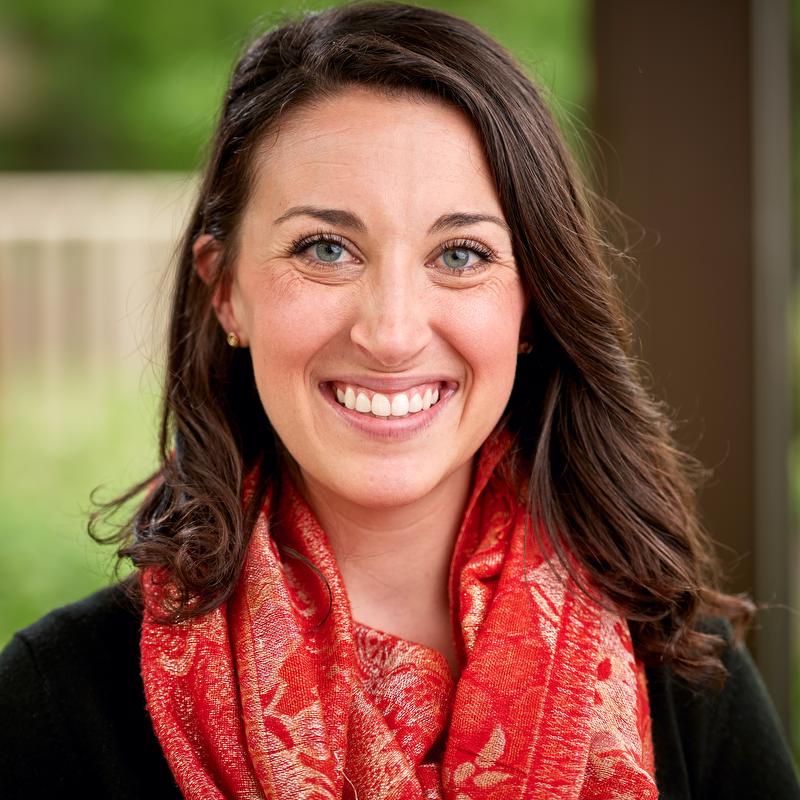 News
News
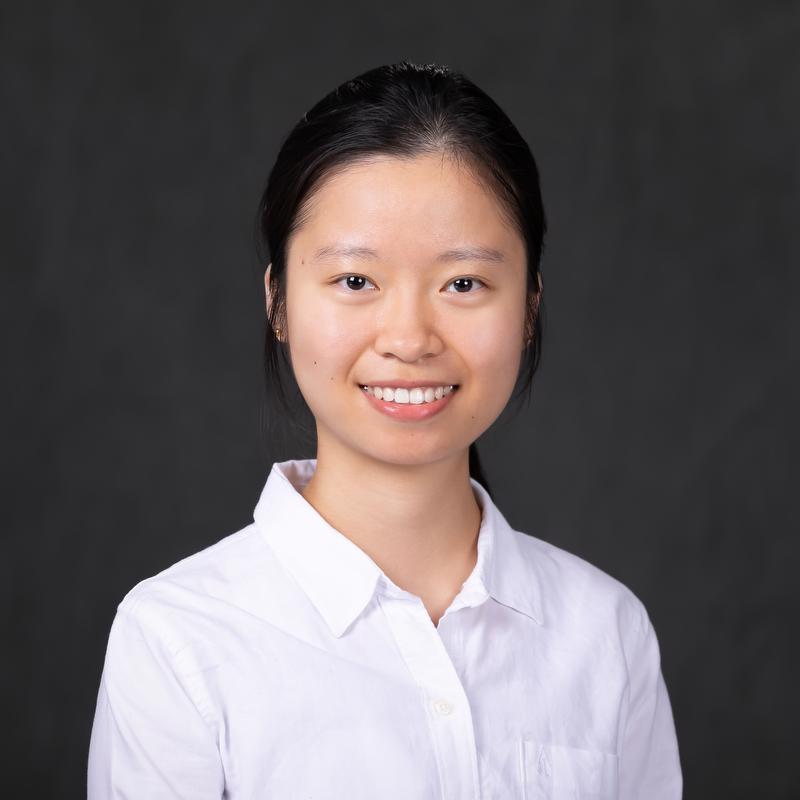 News
News
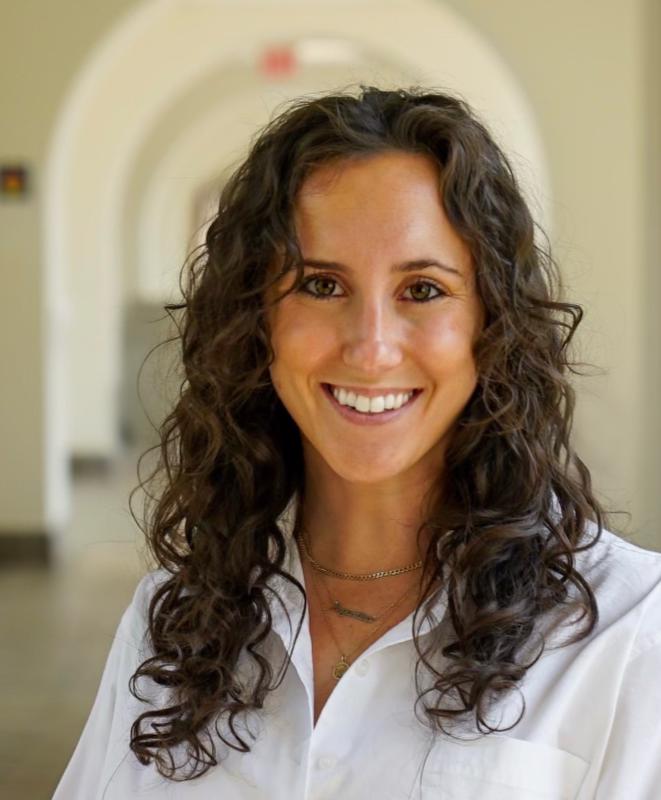 News
News
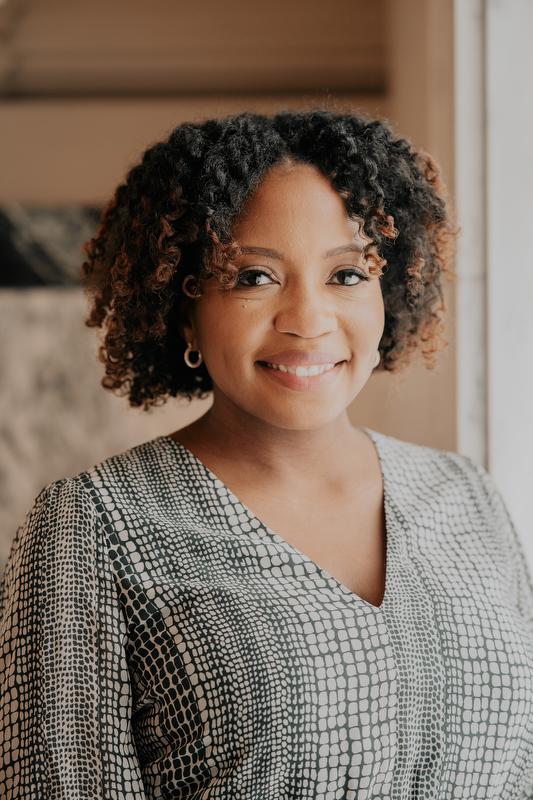 News
News
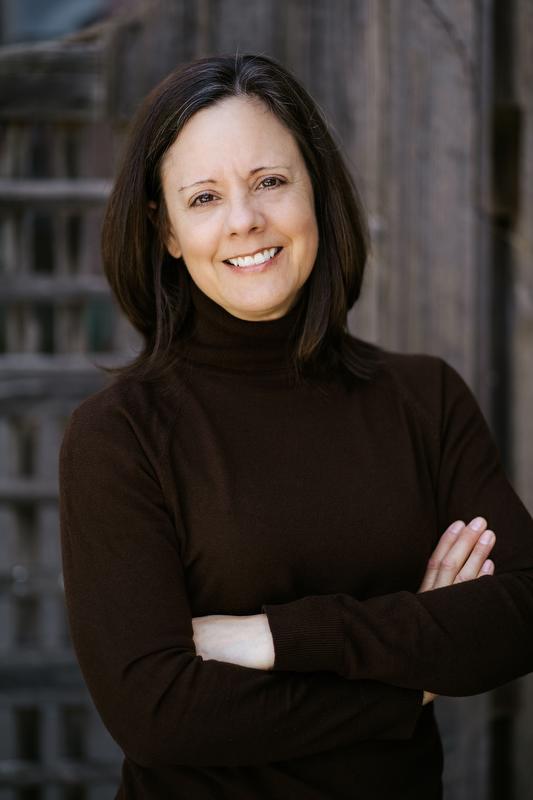 News
News
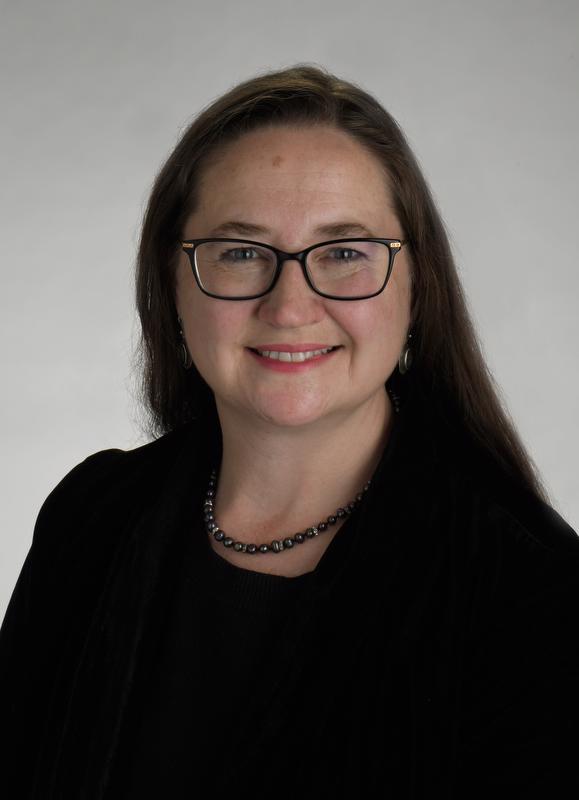 News
News
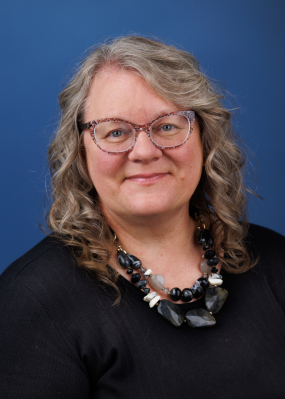 Funded Projects · News
Funded Projects · News
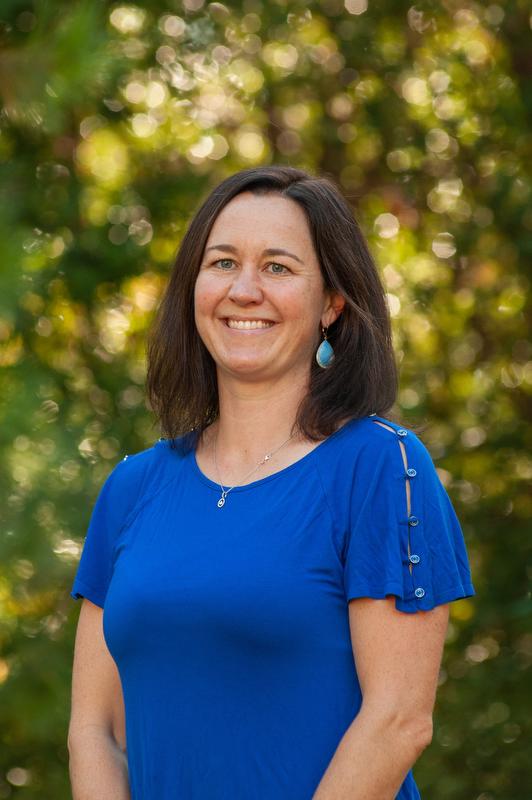 Funded Projects · News
Funded Projects · News
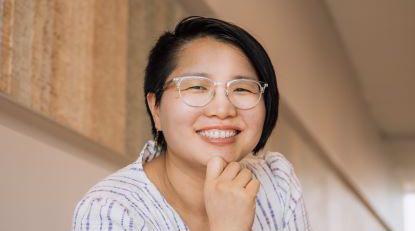 KL2 Scholar · News
KL2 Scholar · News
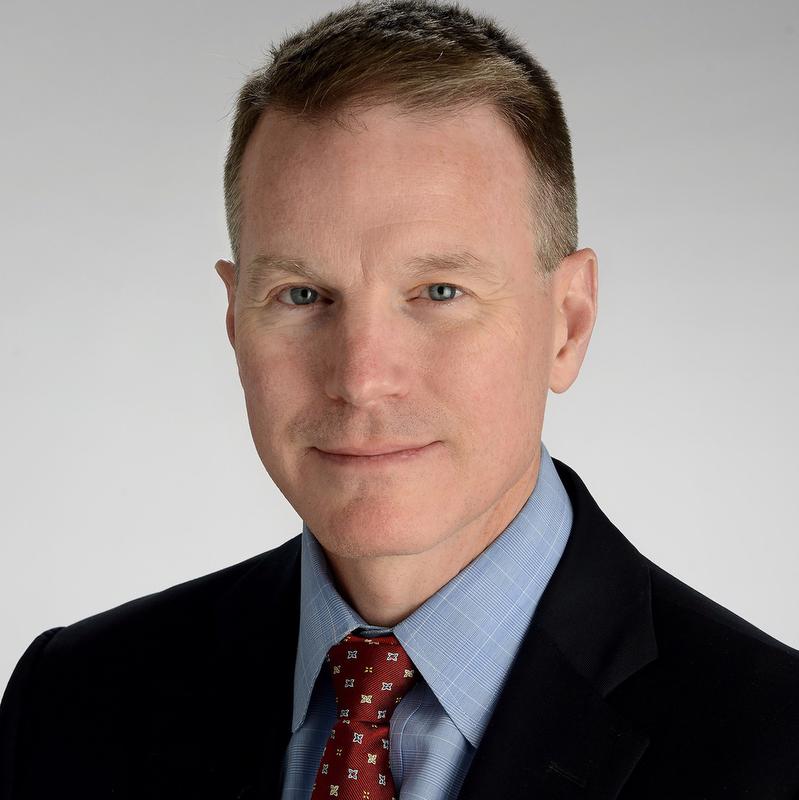 News
News
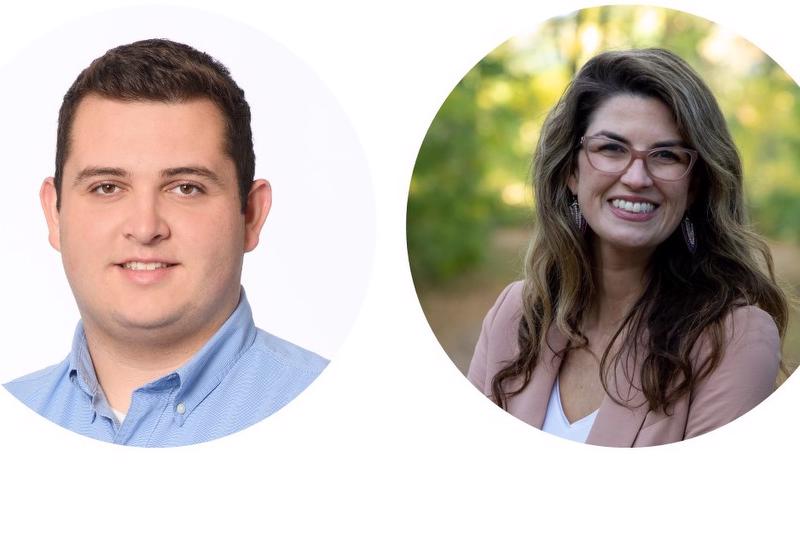 News
News
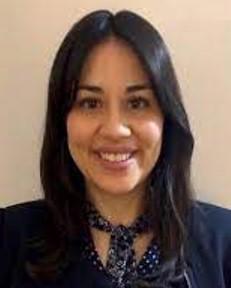 KL2 Scholar · News
KL2 Scholar · News
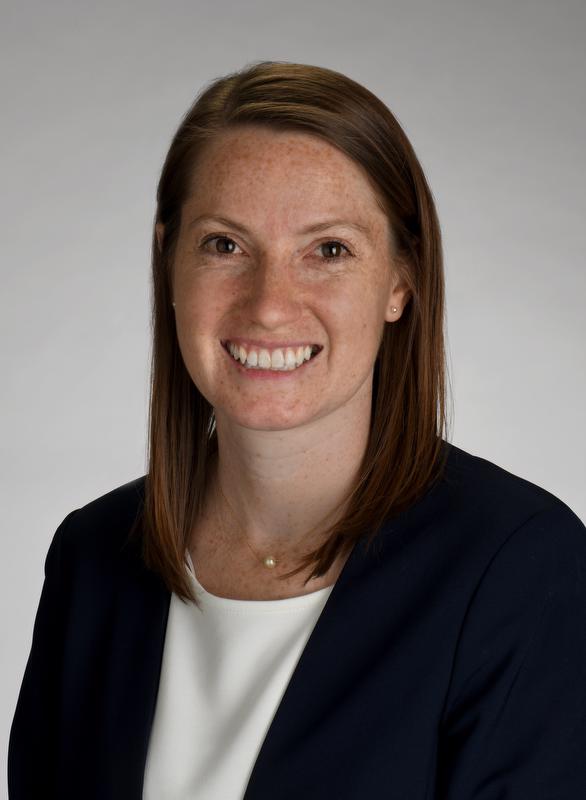 KL2 Scholar
KL2 Scholar
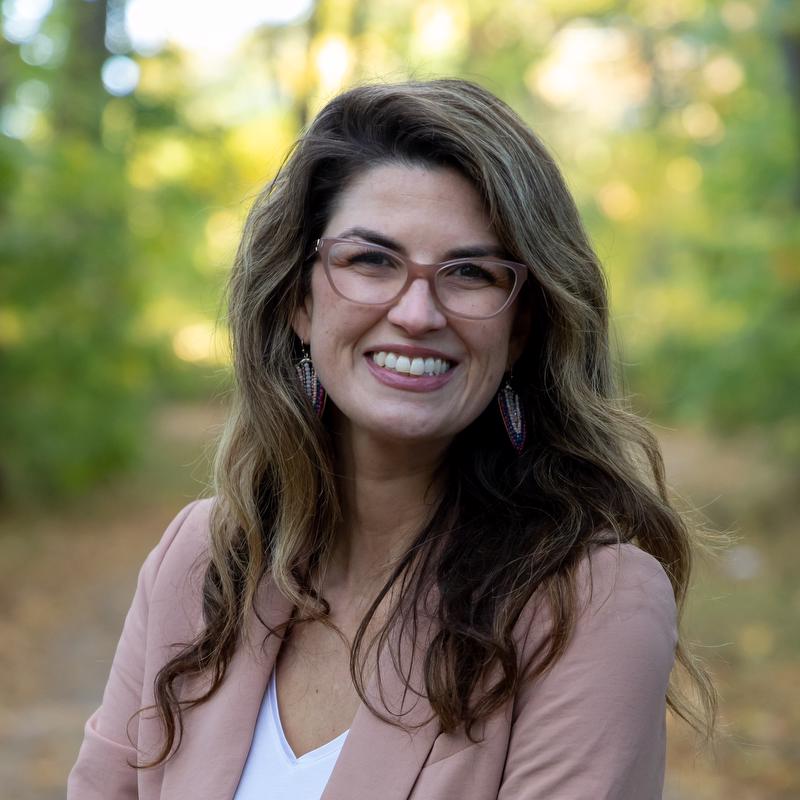 News
News
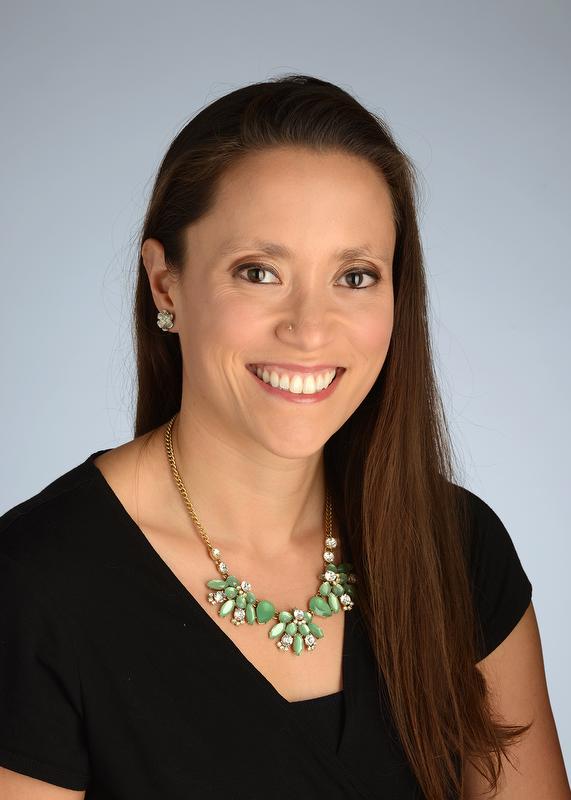 News
News
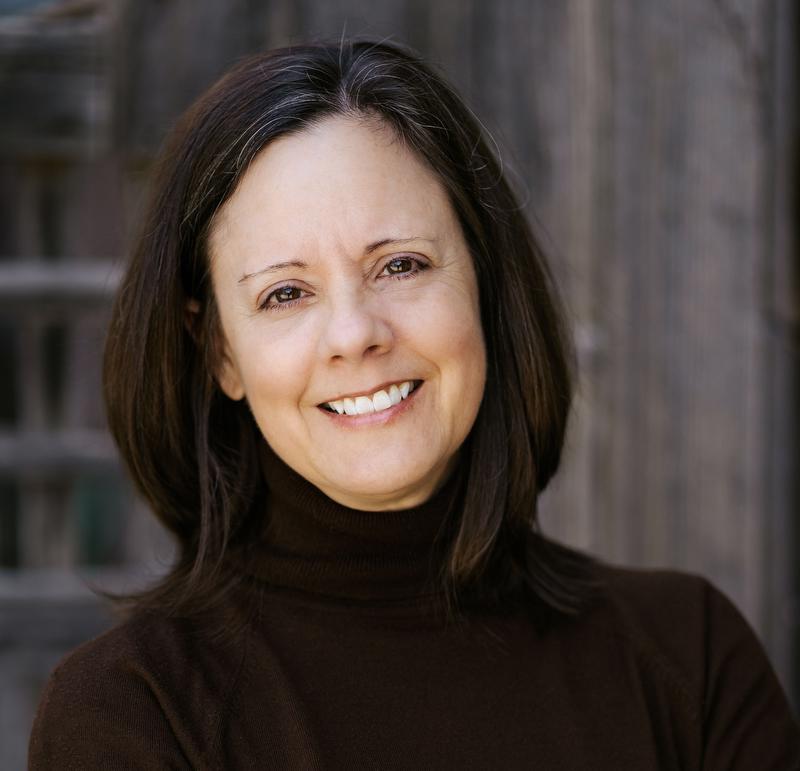 KL2 Scholar · News
KL2 Scholar · News
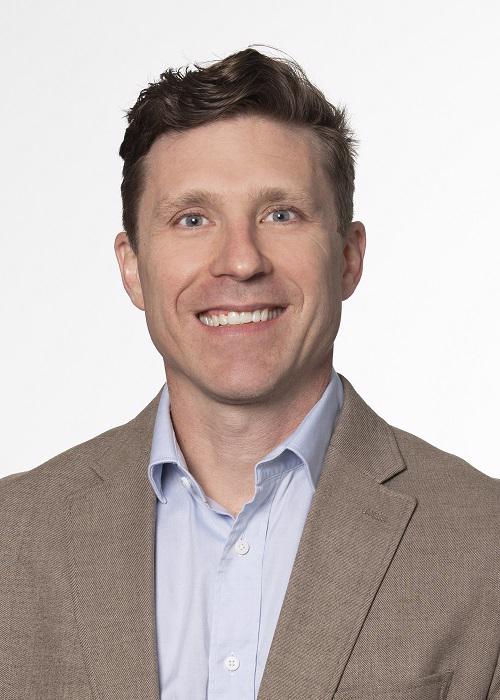 News
News
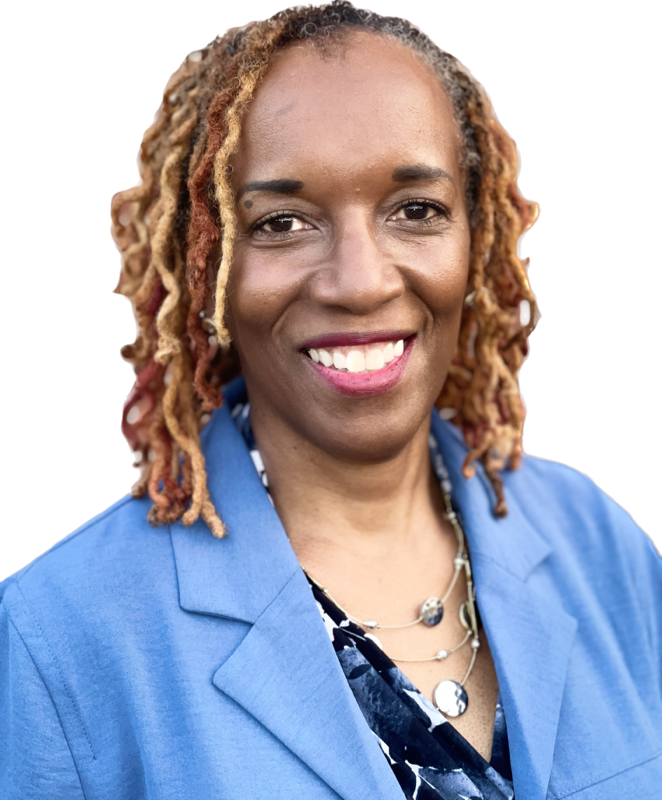 News · In the Community · Funded Projects
News · In the Community · Funded Projects
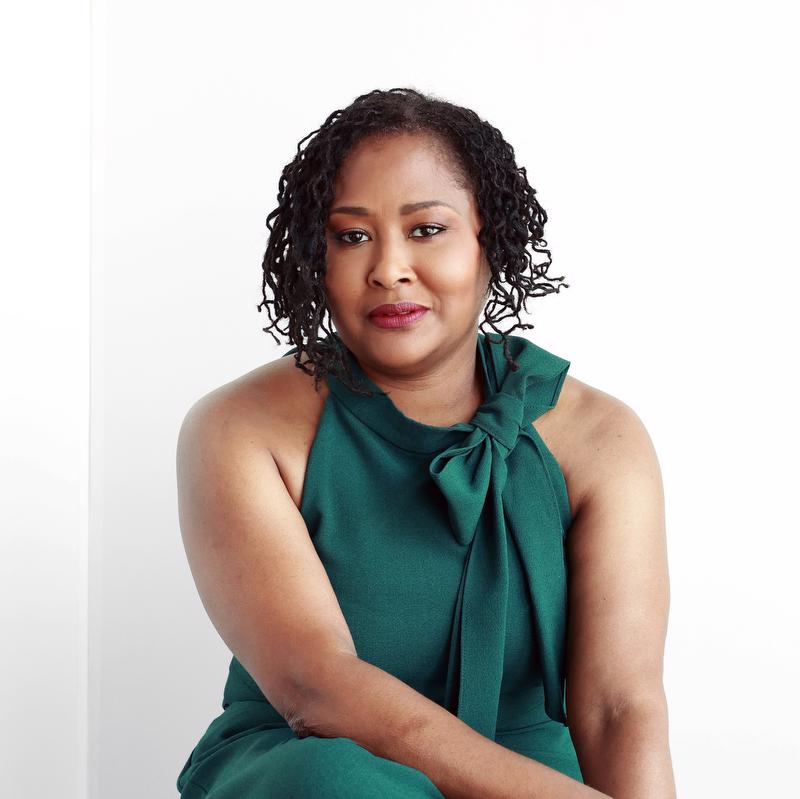 Funded Projects · News
Funded Projects · News
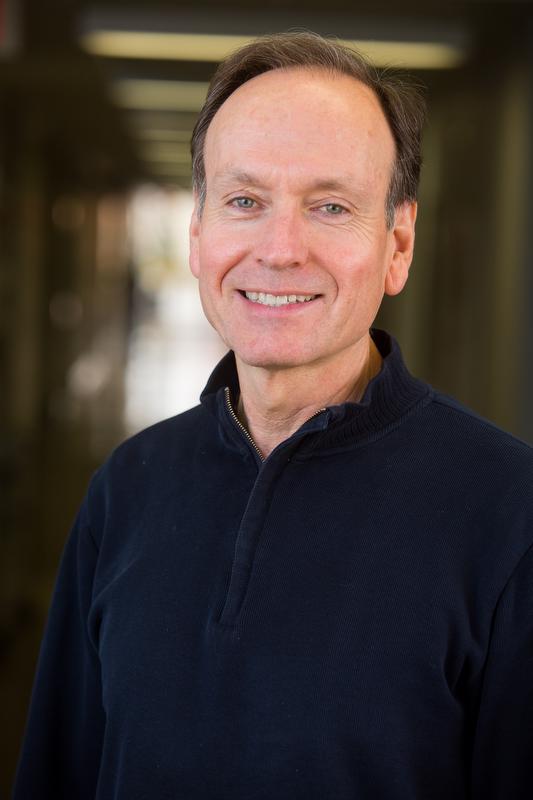 Funded Projects · News
Funded Projects · News
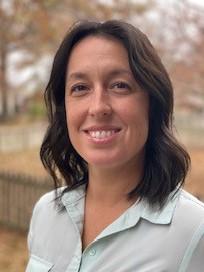 Funded Projects · News
Funded Projects · News
 Funded Projects · News
Funded Projects · News
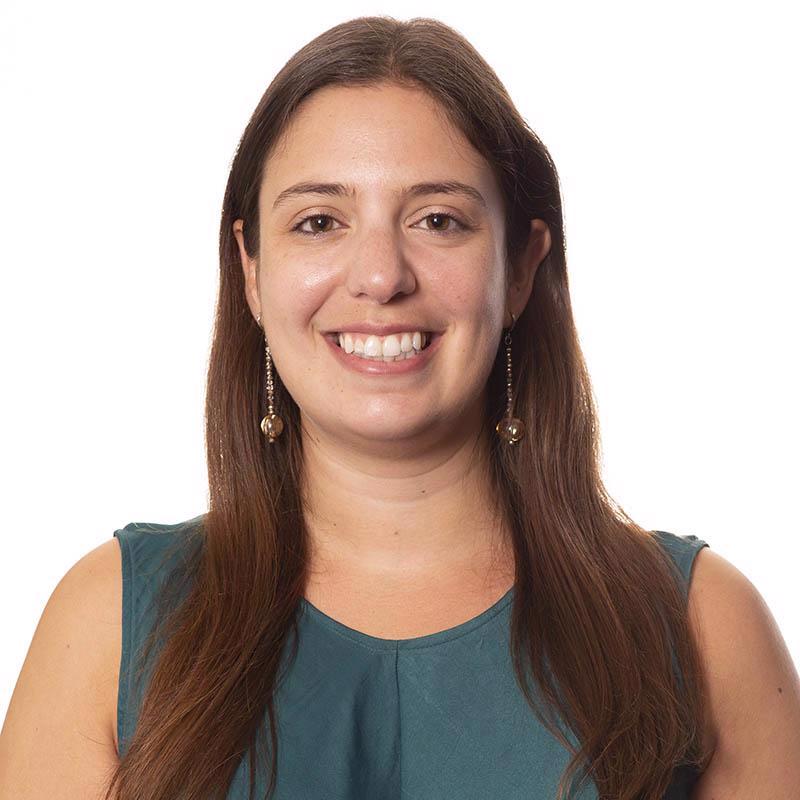 News
News
 Funded Projects · News
Funded Projects · News

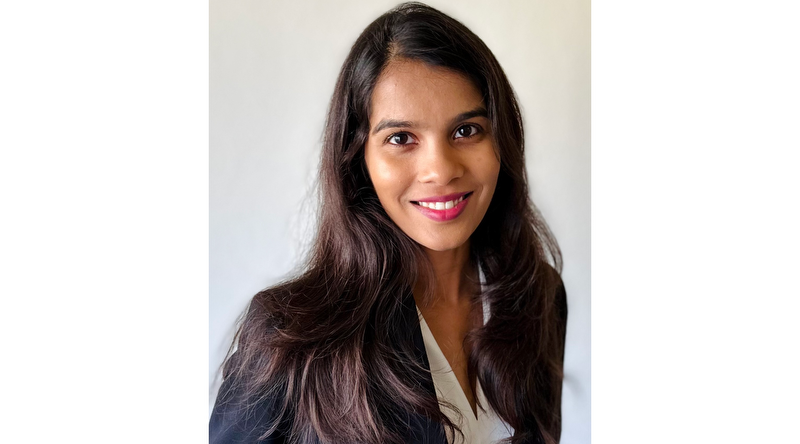 TL1 Trainee · News
TL1 Trainee · News
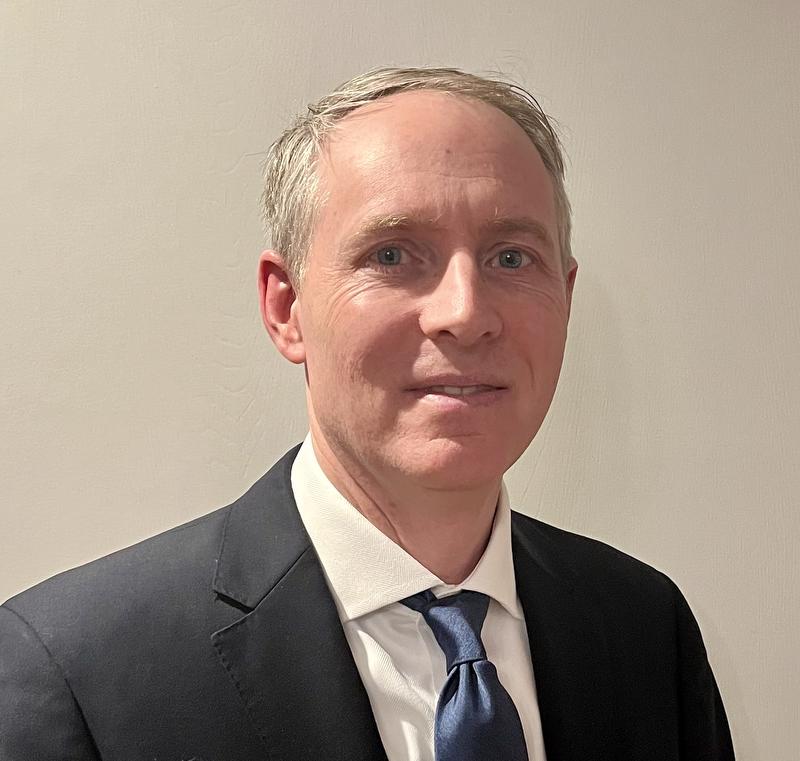 Funded Projects · News
Funded Projects · News
 Events · News
Events · News
 Funded Projects · News
Funded Projects · News
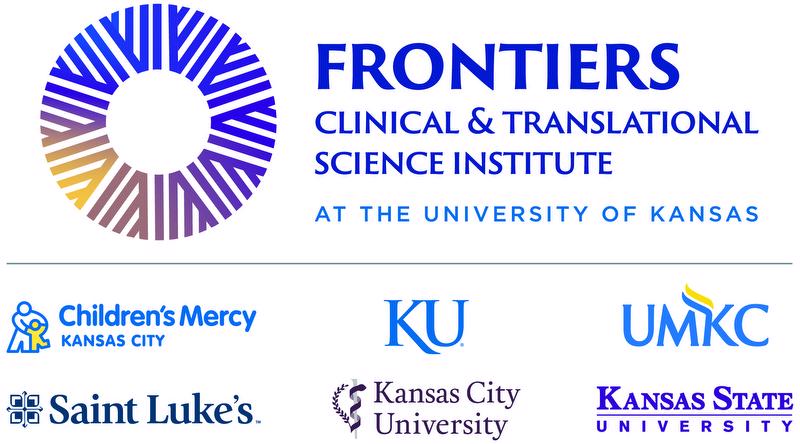
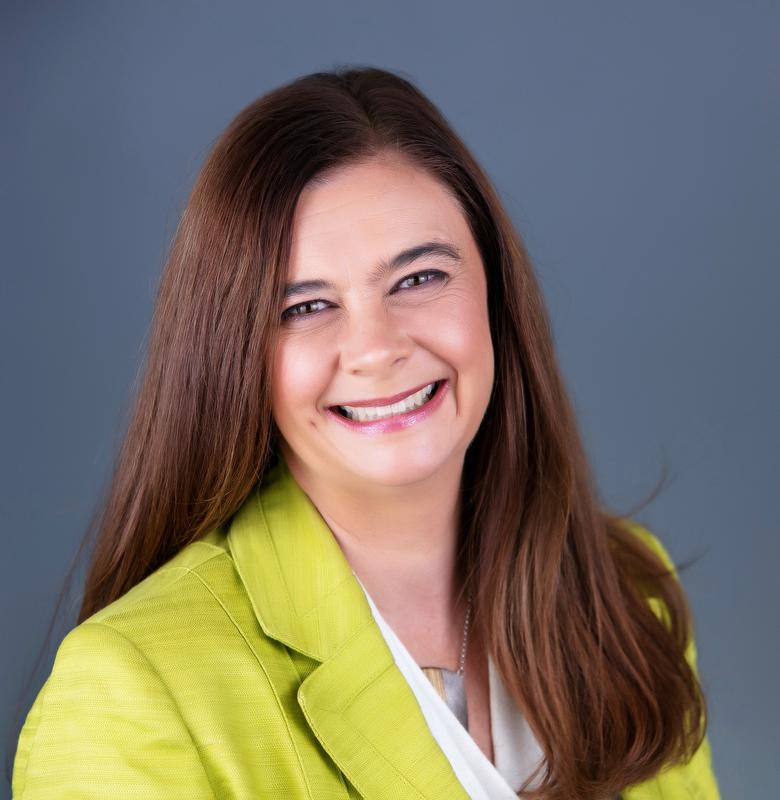 Funded Projects · News
Funded Projects · News
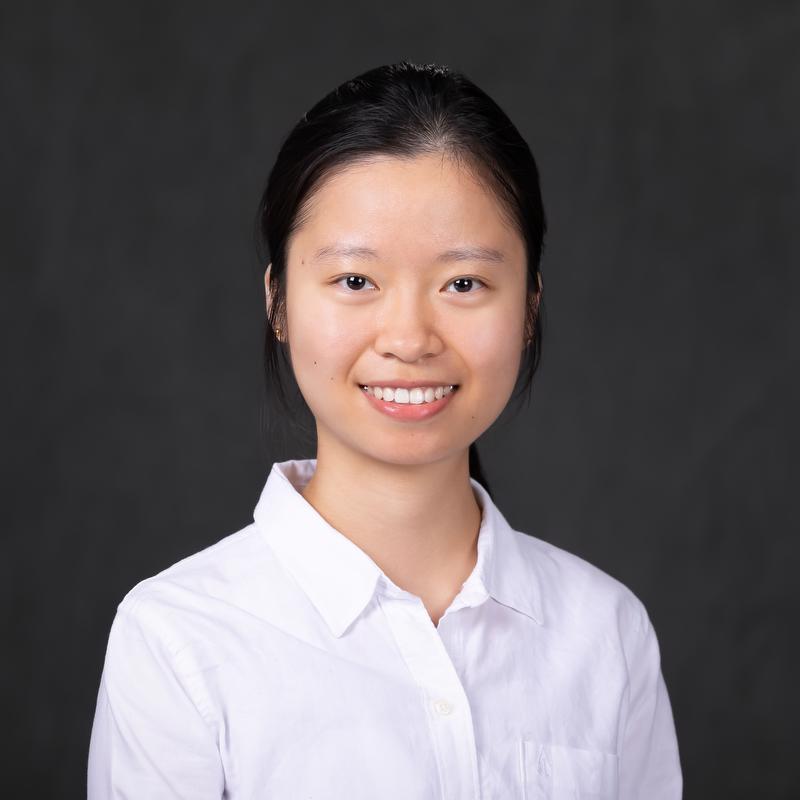 TL1 Trainee · News
TL1 Trainee · News
 News · In the Community · Funded Projects
News · In the Community · Funded Projects
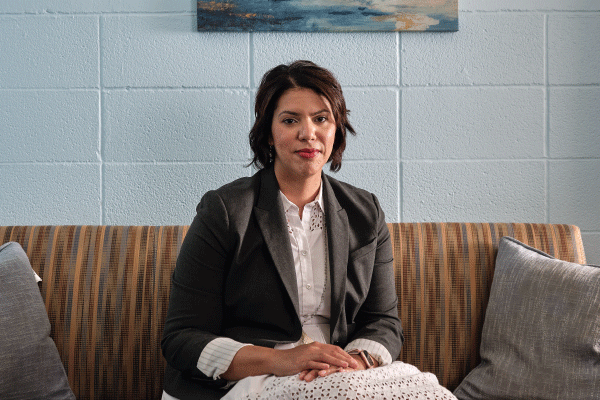 Funded Projects · News
Funded Projects · News
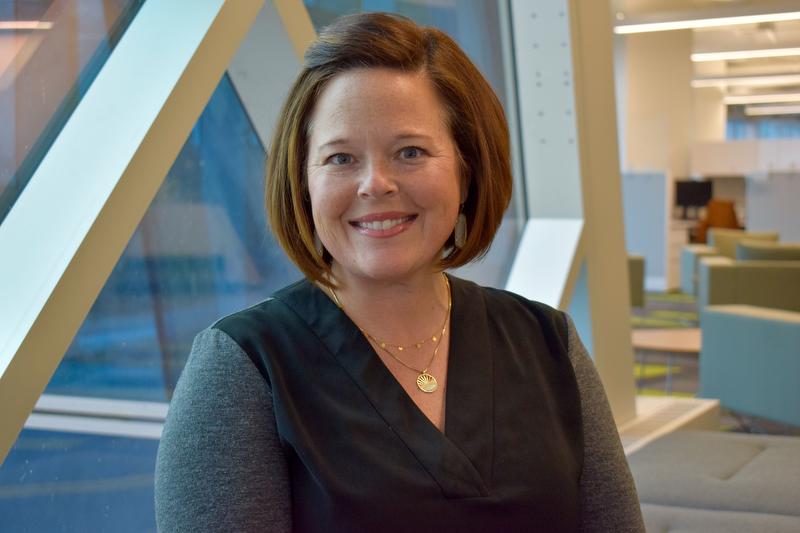 KL2 Scholar · News
KL2 Scholar · News
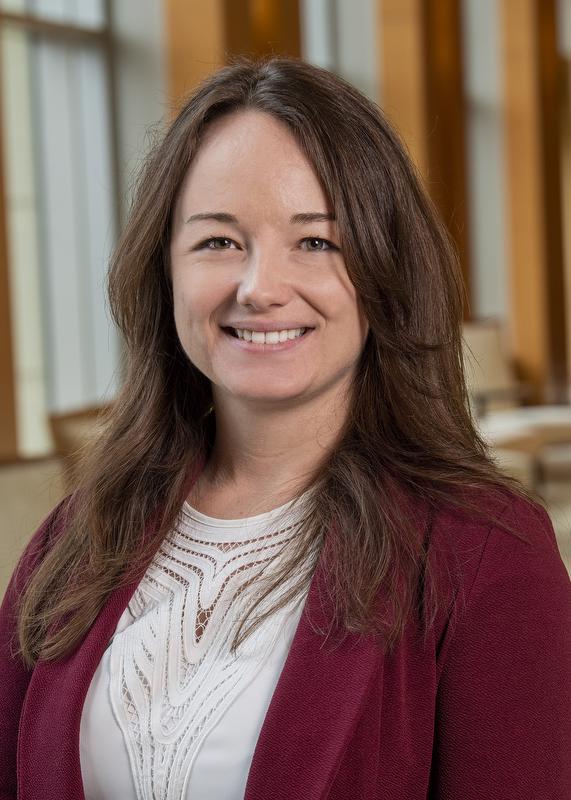 TL1 Trainee · News
TL1 Trainee · News
 News
News
 News
News
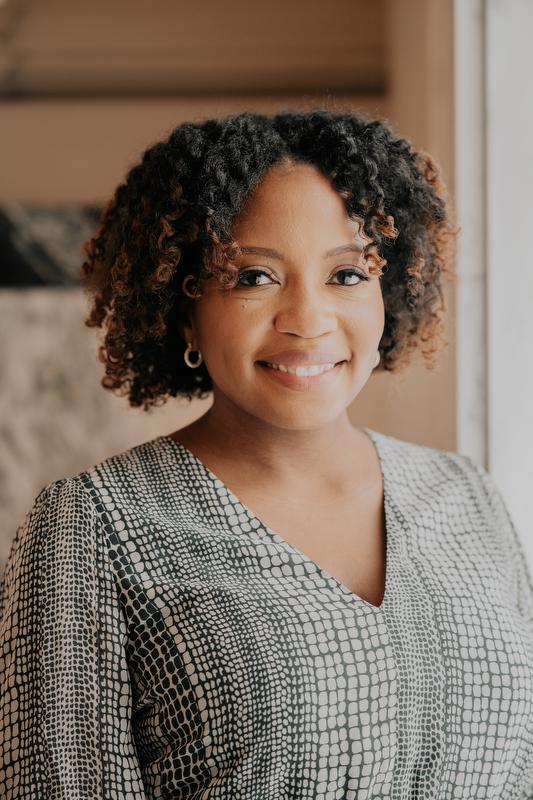 KL2 Scholar · News
KL2 Scholar · News
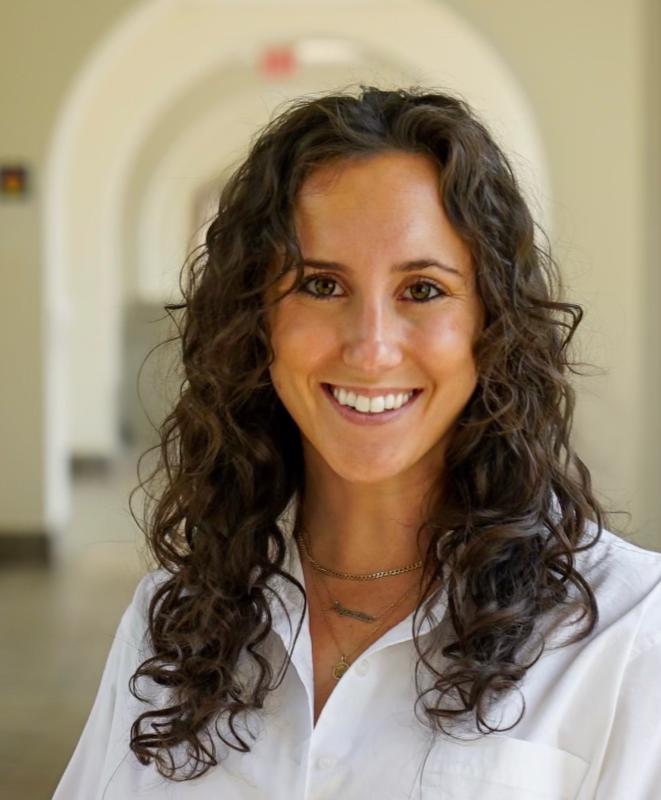 TL1 Trainee · News
TL1 Trainee · News
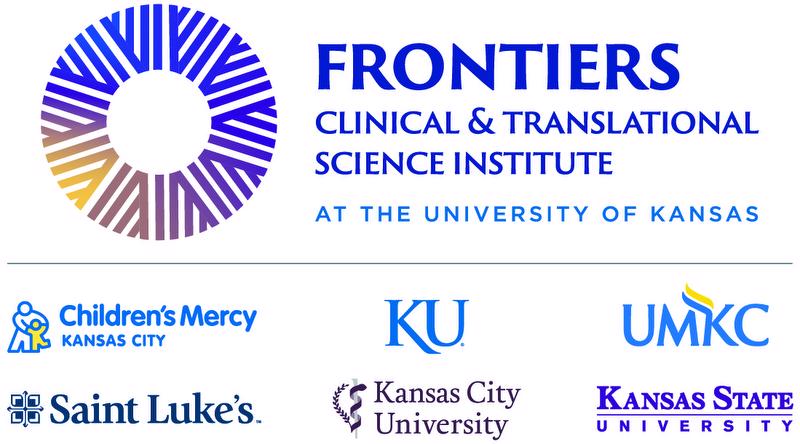 News
News
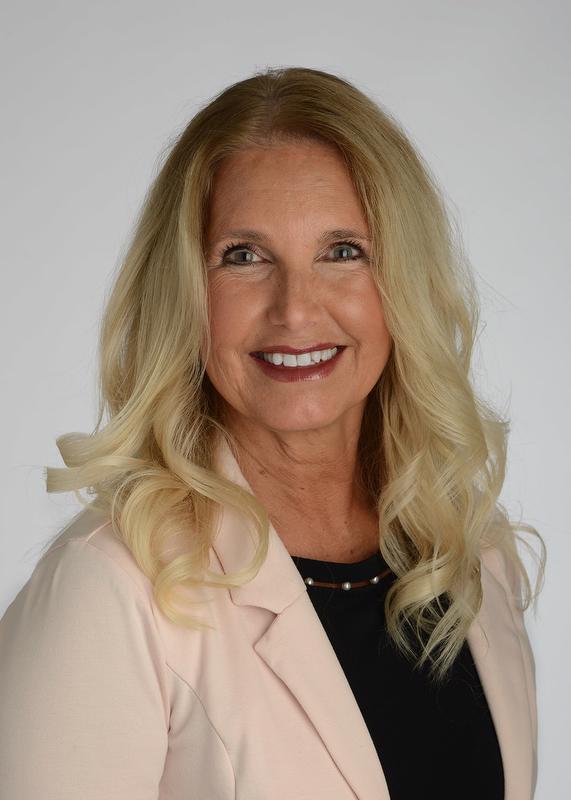 News
News
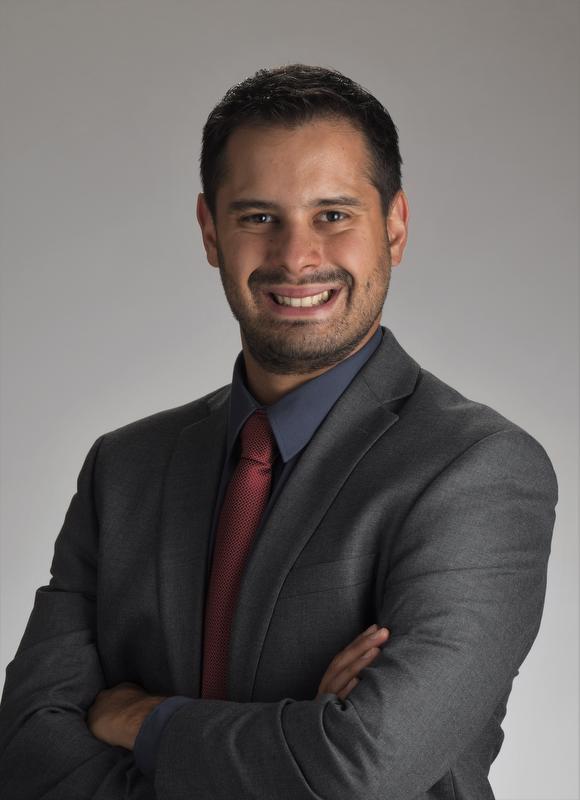 Funded Projects · News
Funded Projects · News
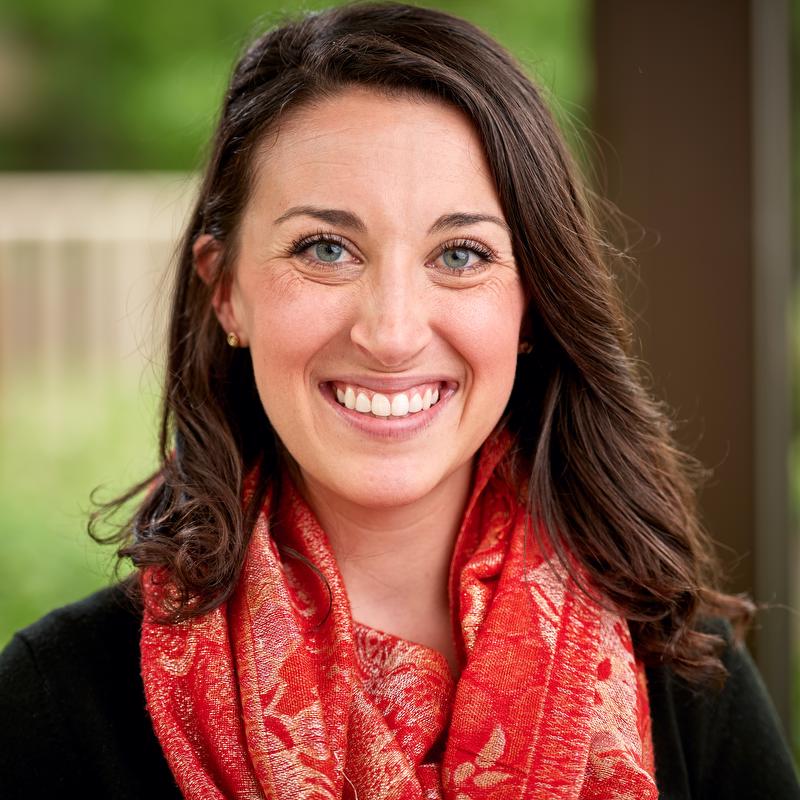 Events · News
Events · News
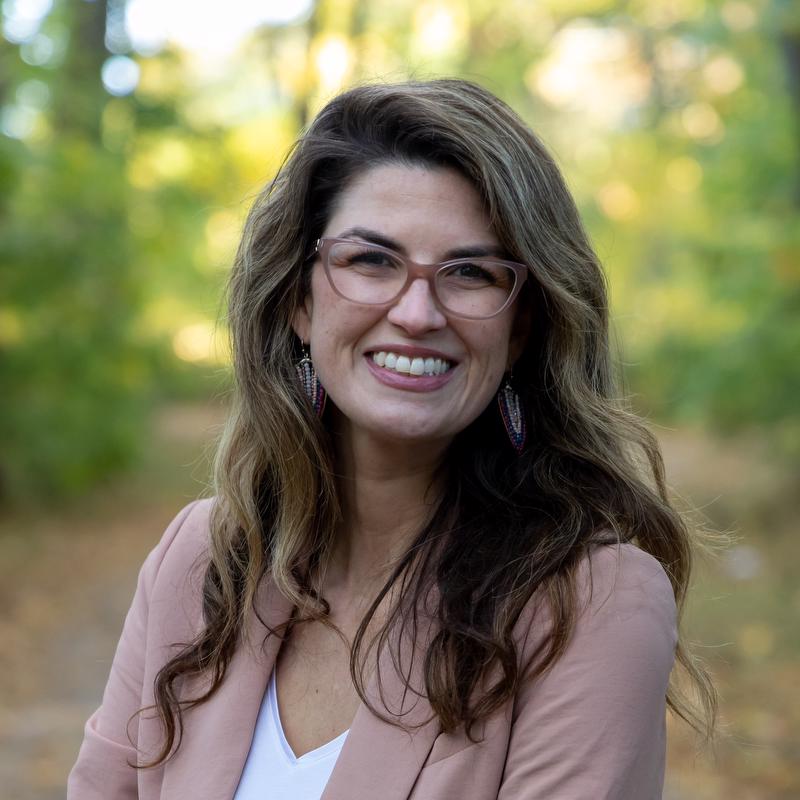
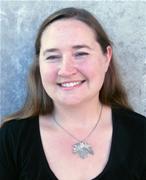 KL2 Scholar · News
KL2 Scholar · News
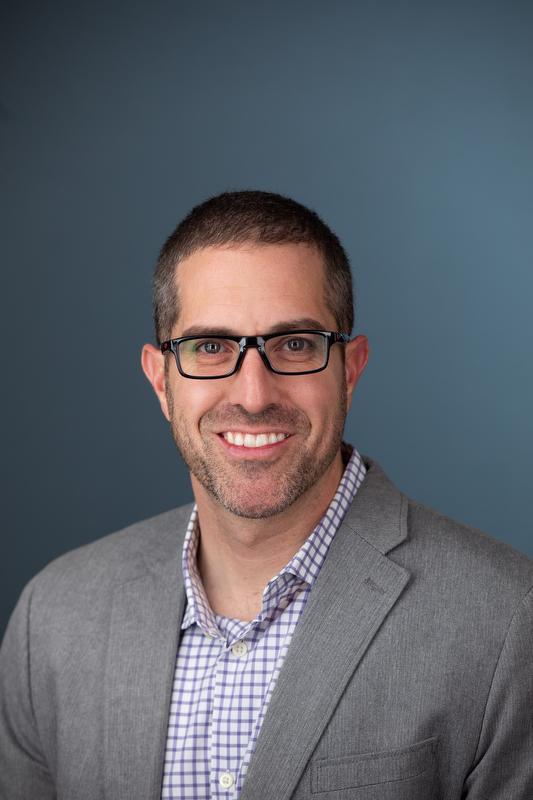 News
News

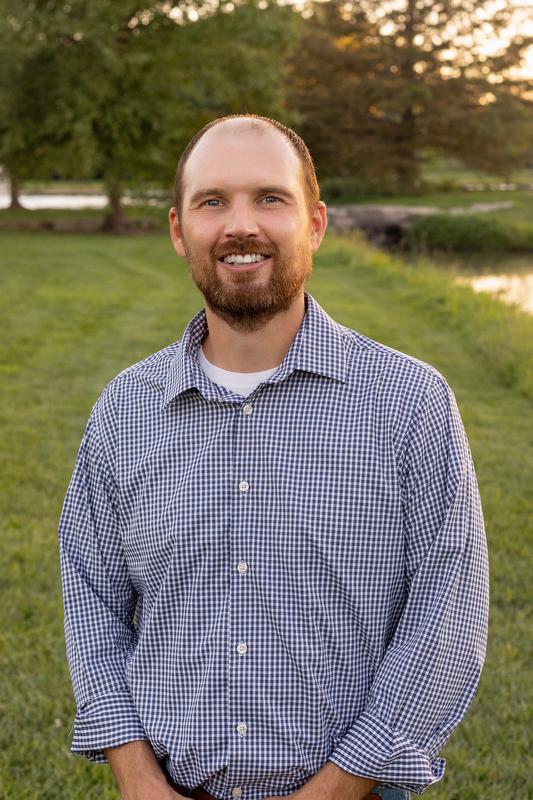 Funded Projects · News
Funded Projects · News
 News
News
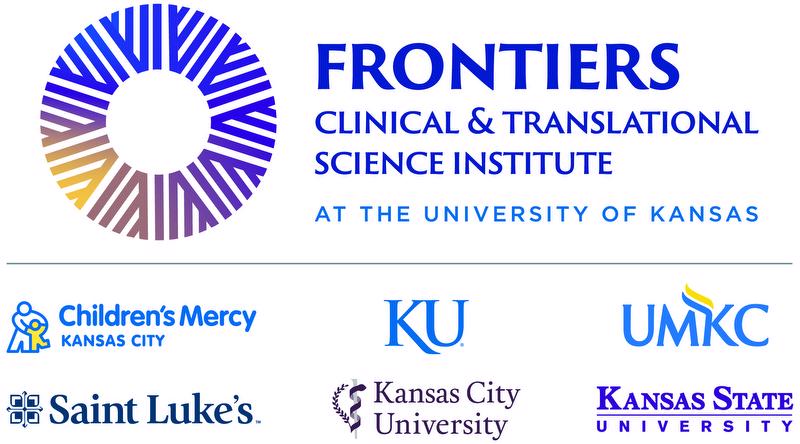 Partner News · News
Partner News · News
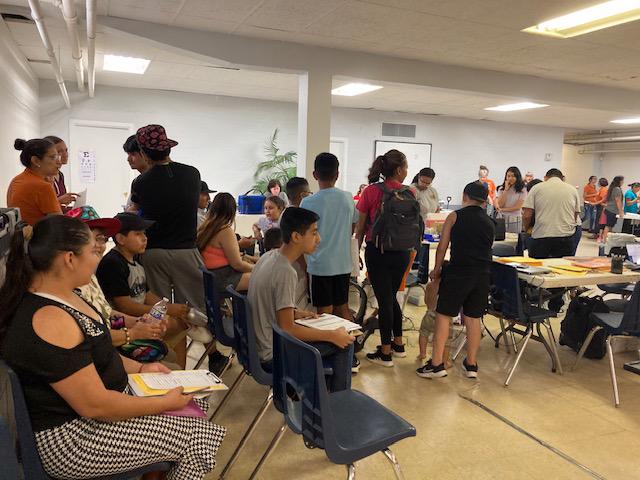 News · In the Community
News · In the Community
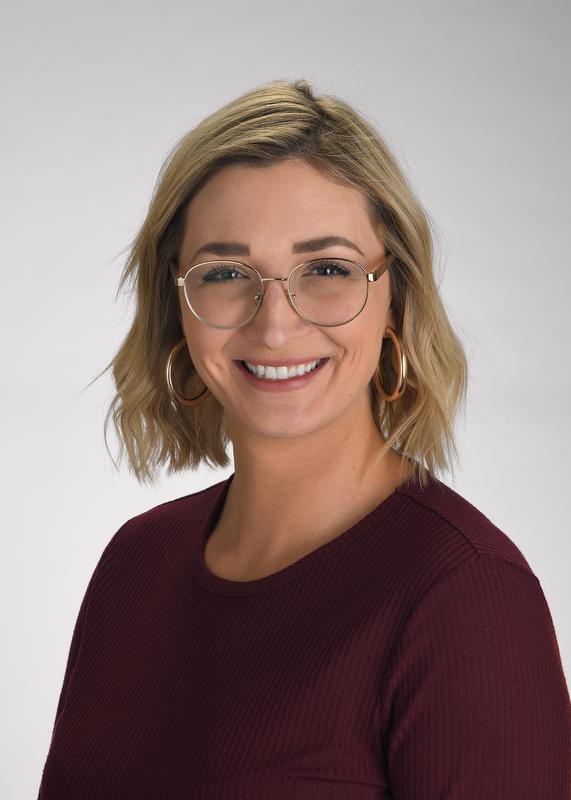
 0
0

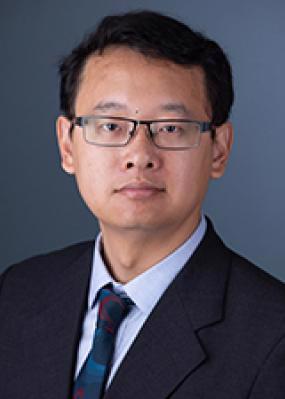 Funded Projects · News
Funded Projects · News
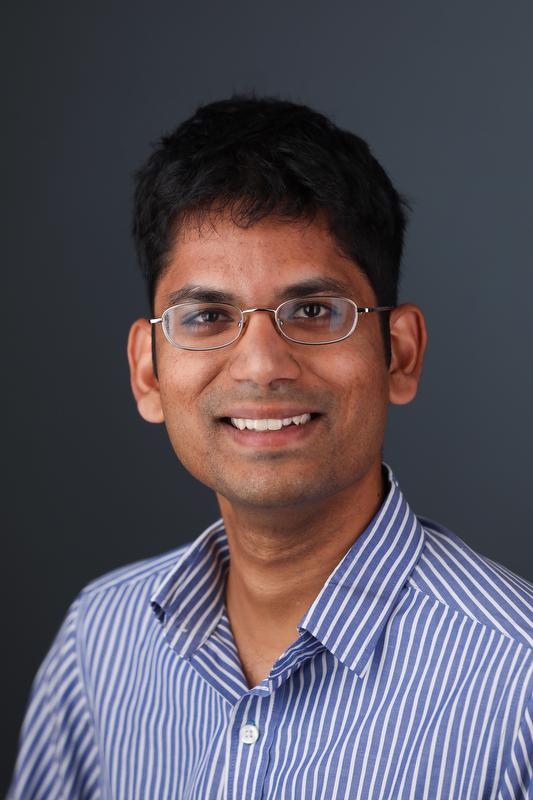 Funded Projects · News
Funded Projects · News
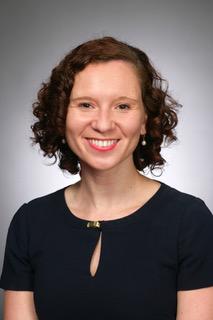 News
News
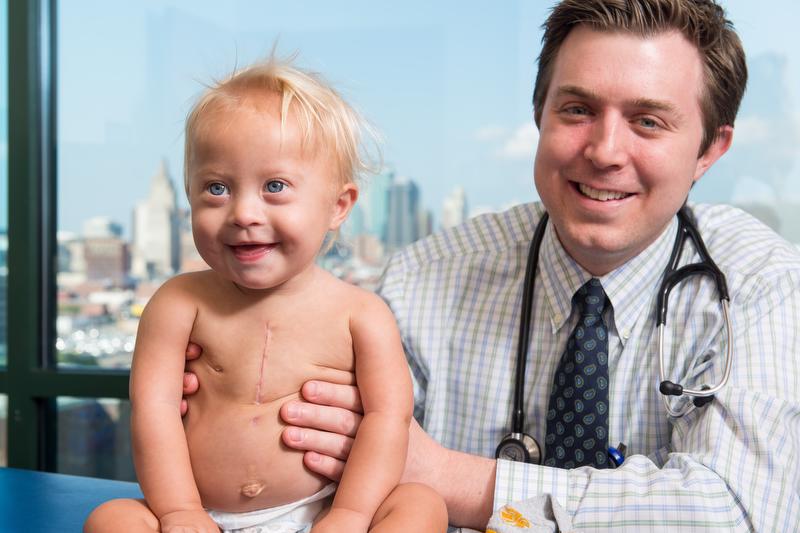 Funded Projects · News
Funded Projects · News
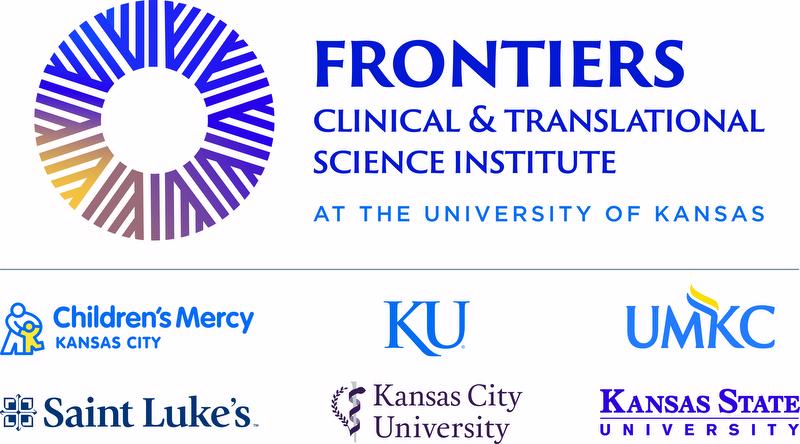 Funded Projects · News
Funded Projects · News
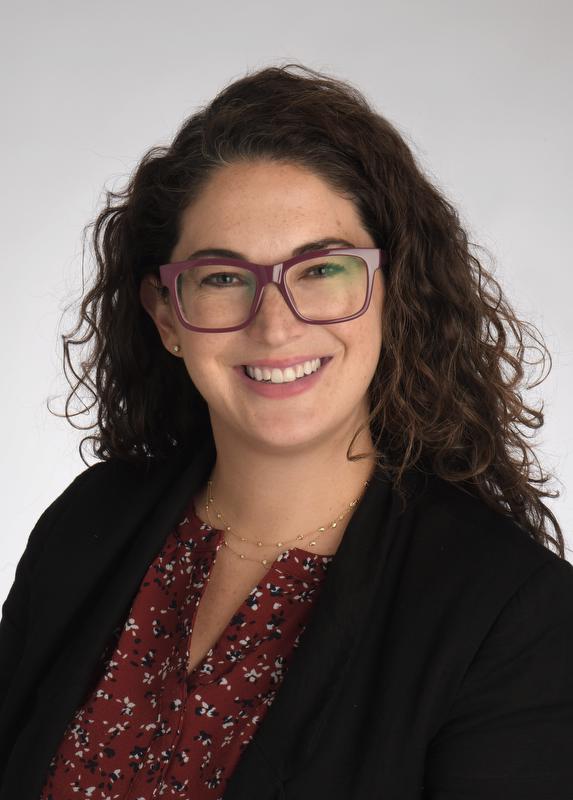 News
News
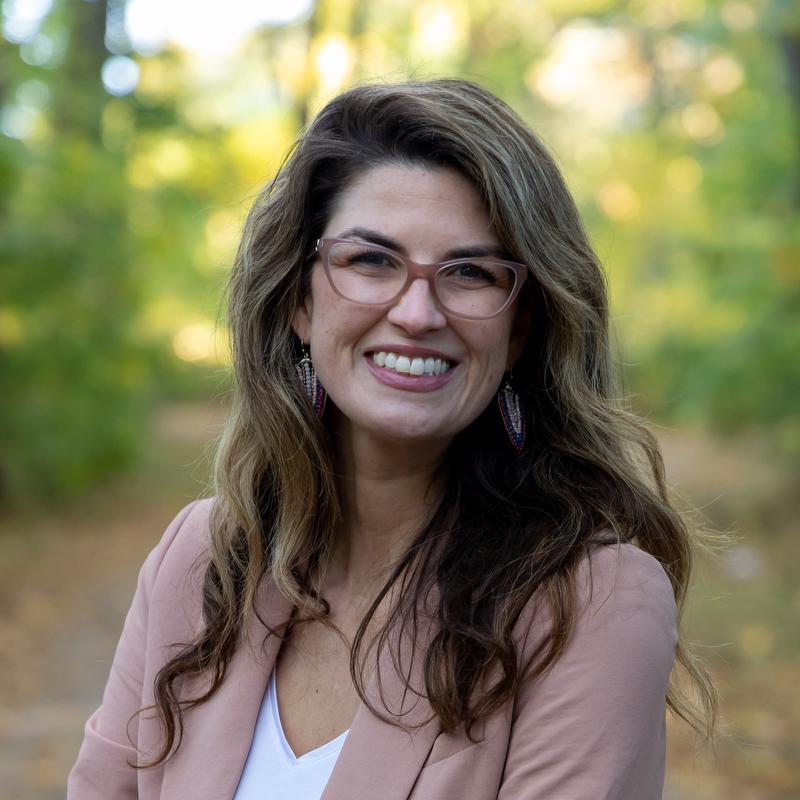 Events · News
Events · News
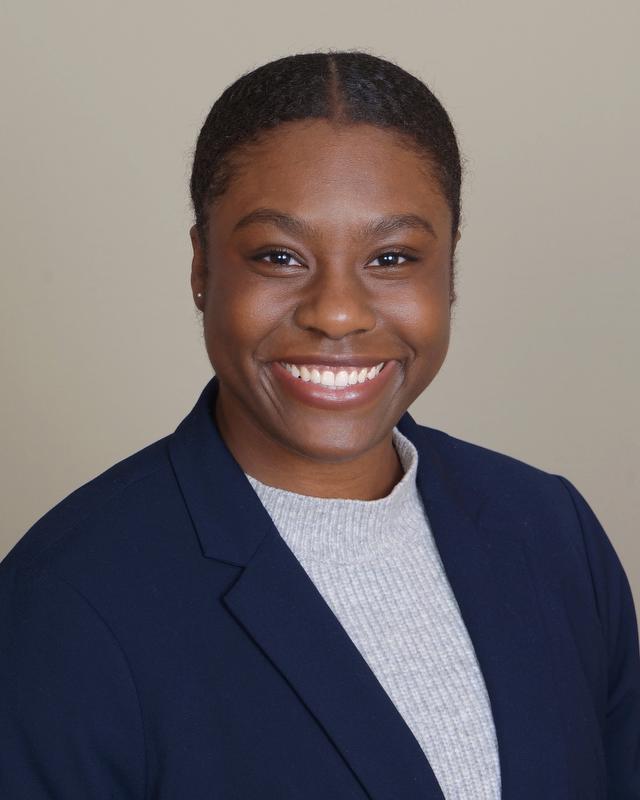 TL1 Trainee · News
TL1 Trainee · News
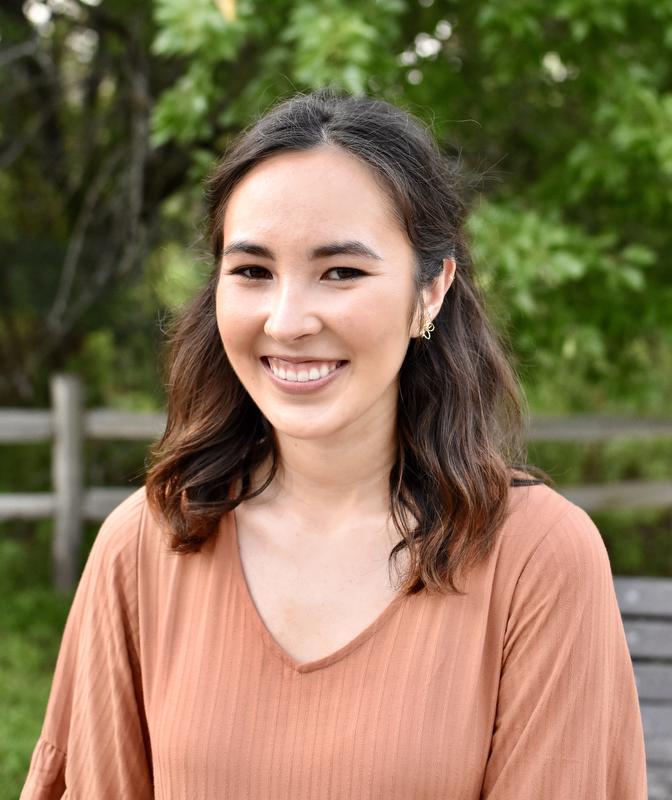 TL1 Trainee · News
TL1 Trainee · News
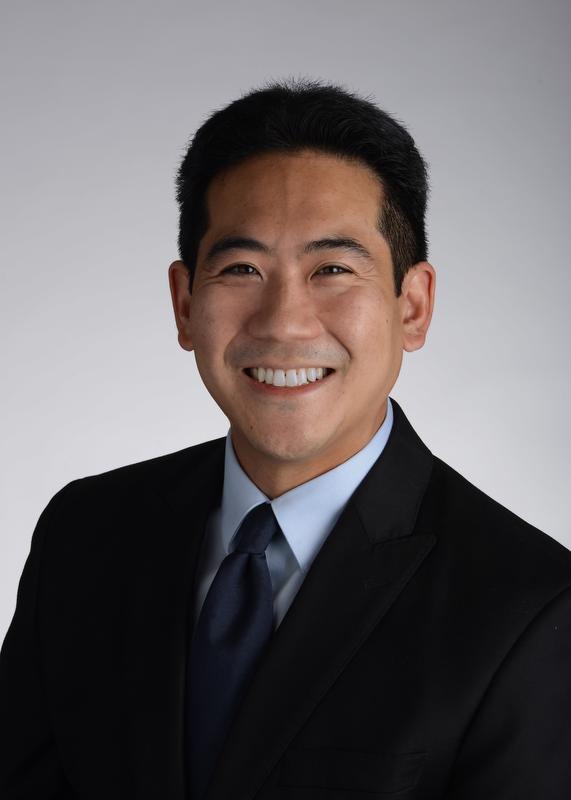 News
News
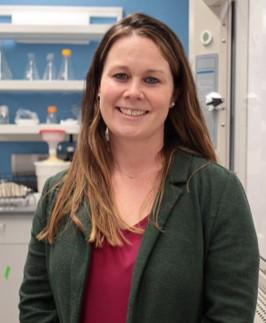 Funded Projects · News
Funded Projects · News
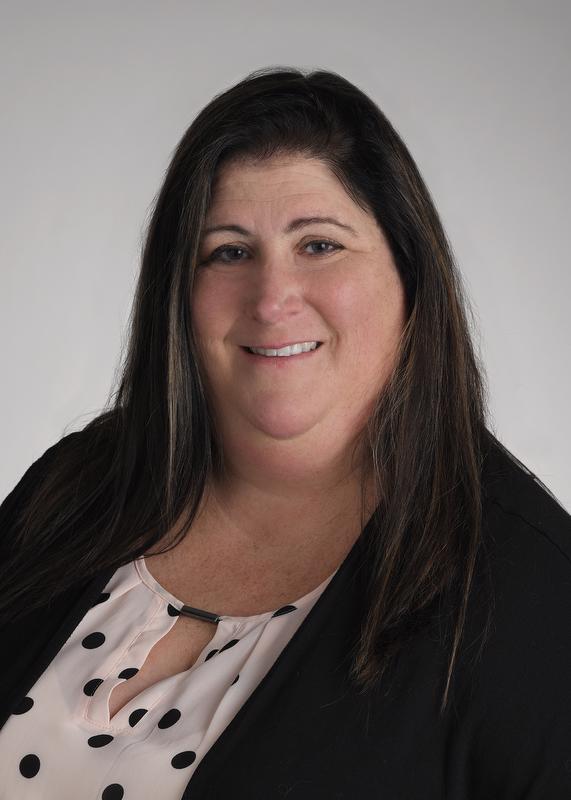 News
News
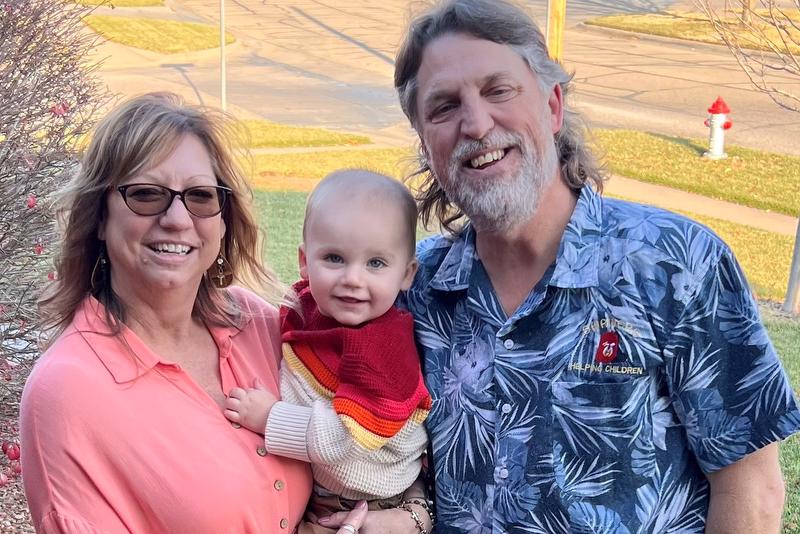 Partner News · News
Partner News · News
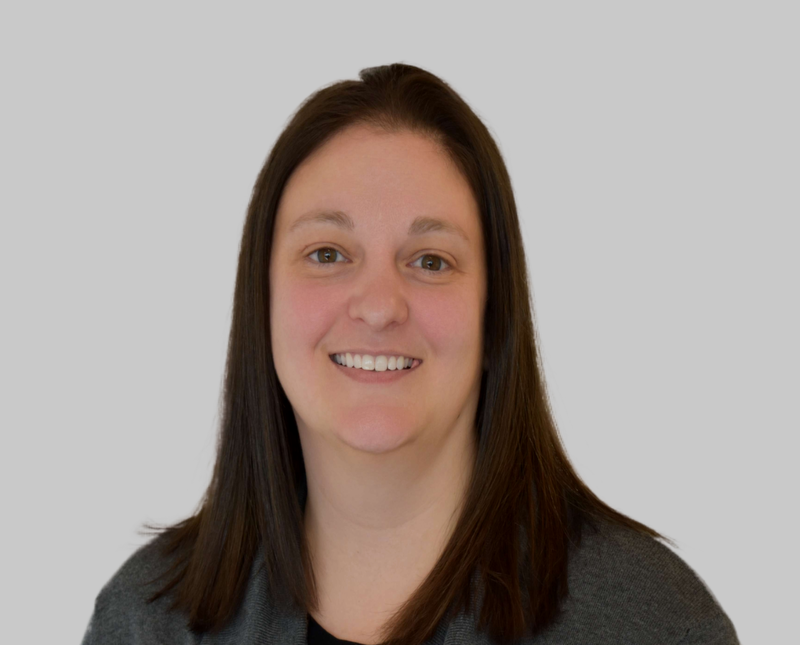 TL1 Trainee · News
TL1 Trainee · News
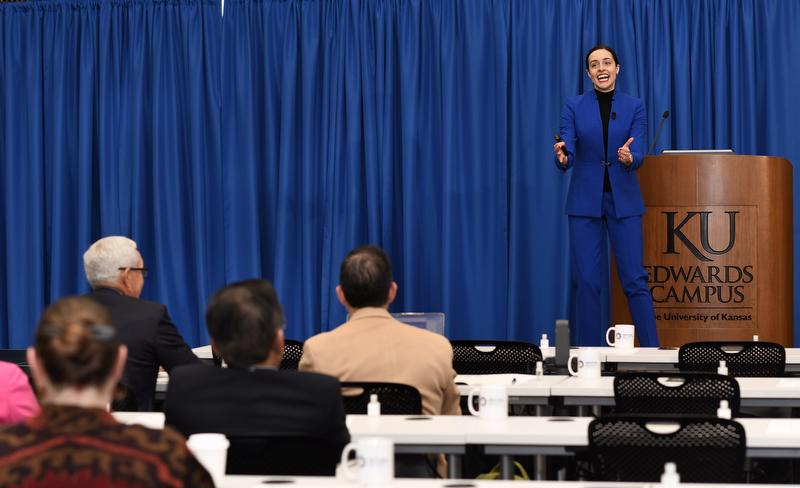 Events · News
Events · News
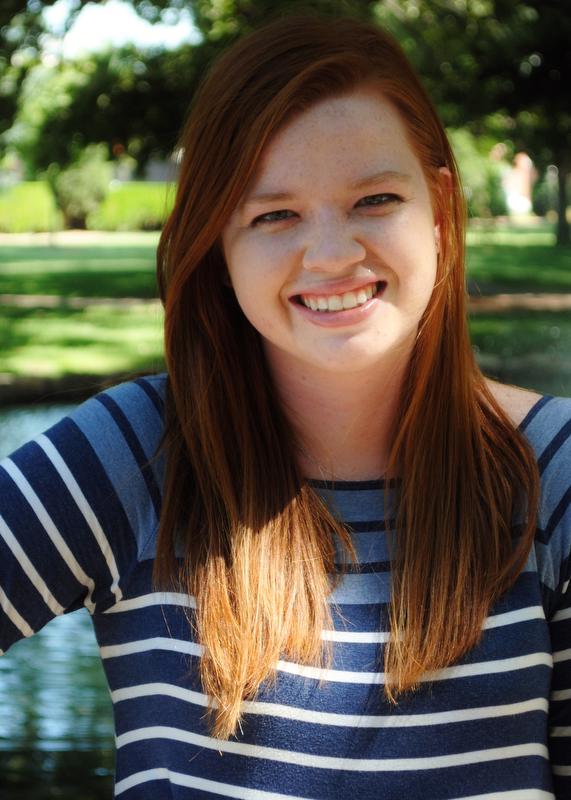 KL2 Scholar · News
KL2 Scholar · News
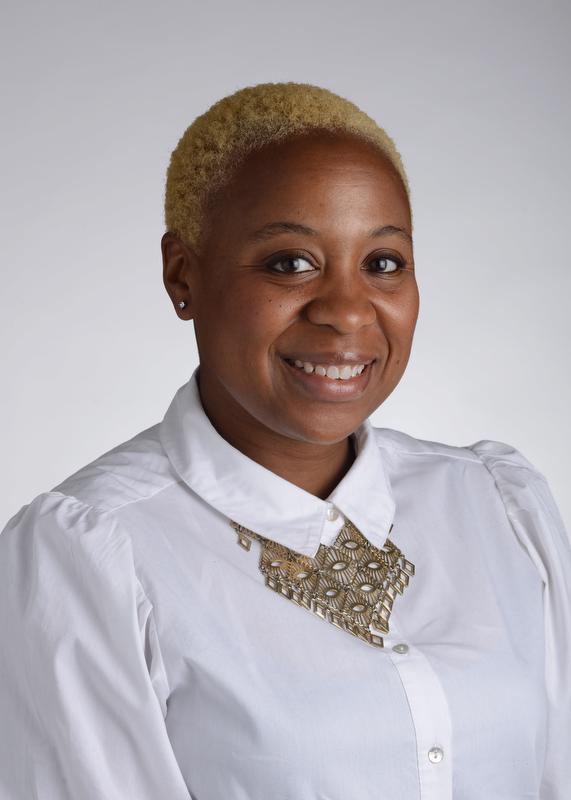 News
News
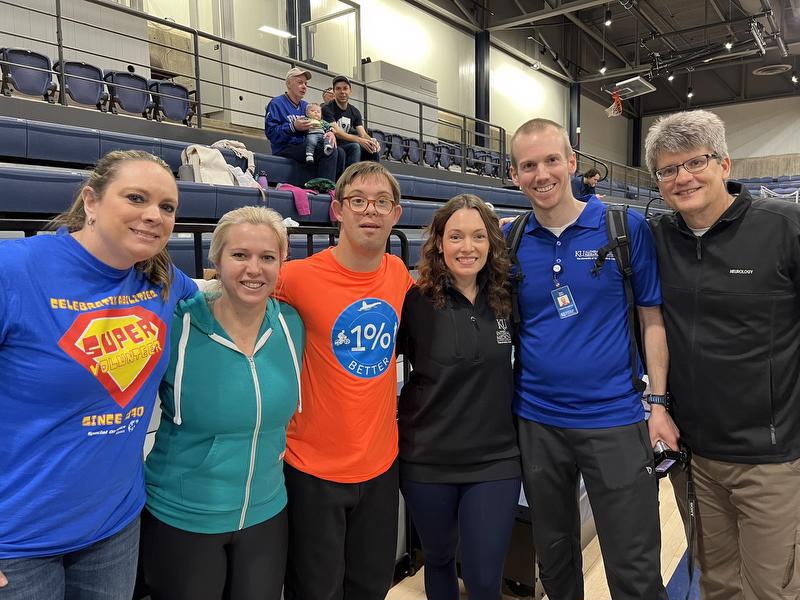 TL1 Trainee · News
TL1 Trainee · News
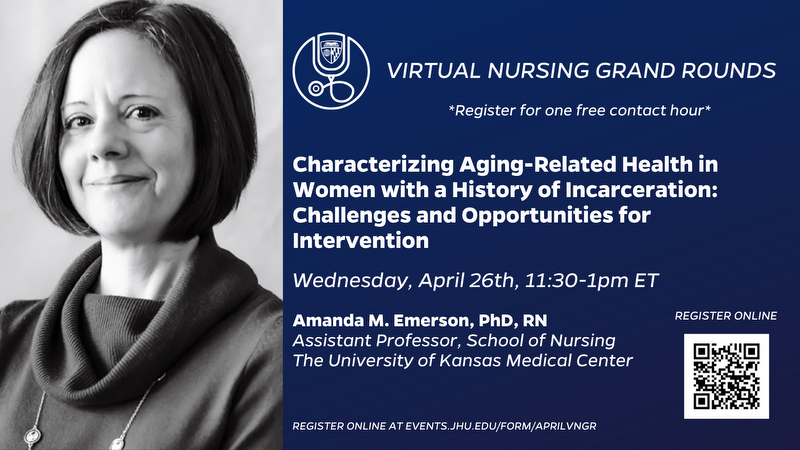 News · KL2 Scholar
News · KL2 Scholar
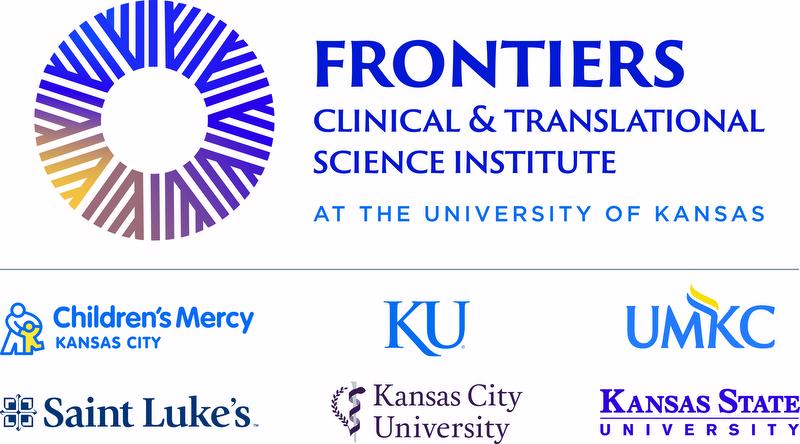
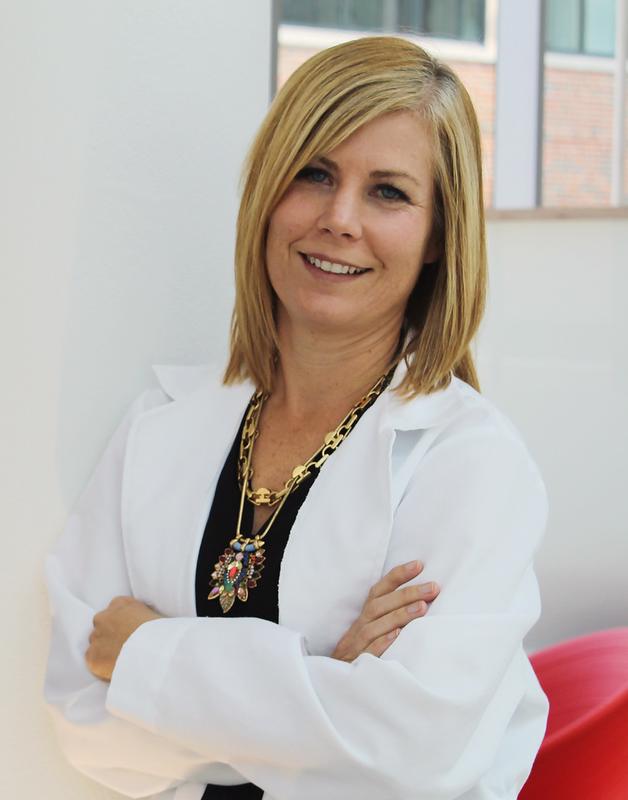 TL1 Trainee · News
TL1 Trainee · News
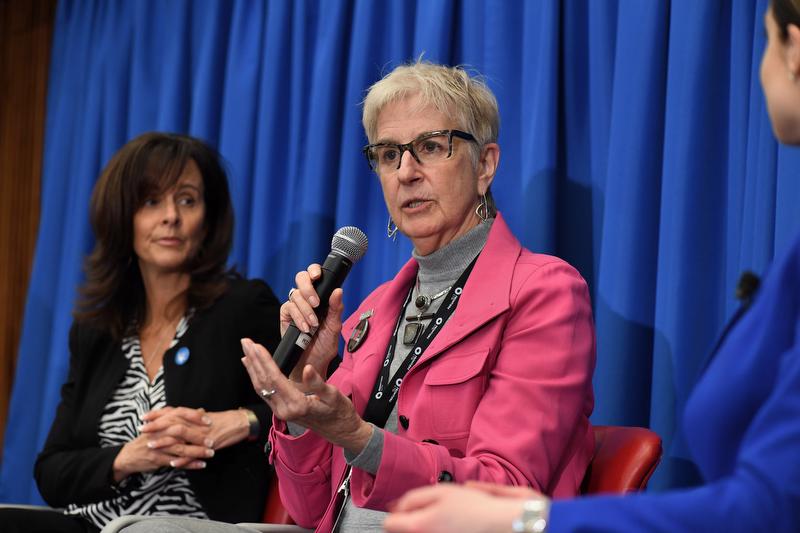 Events · News
Events · News
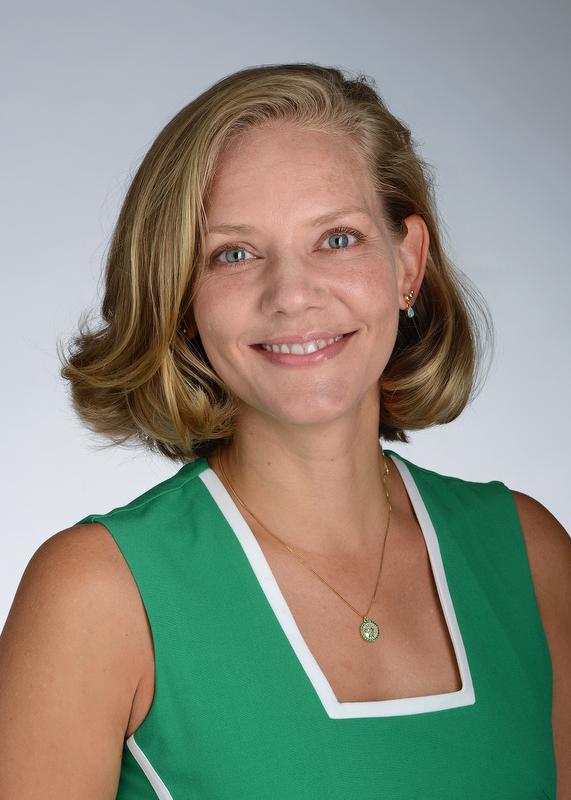 News
News
 News
News
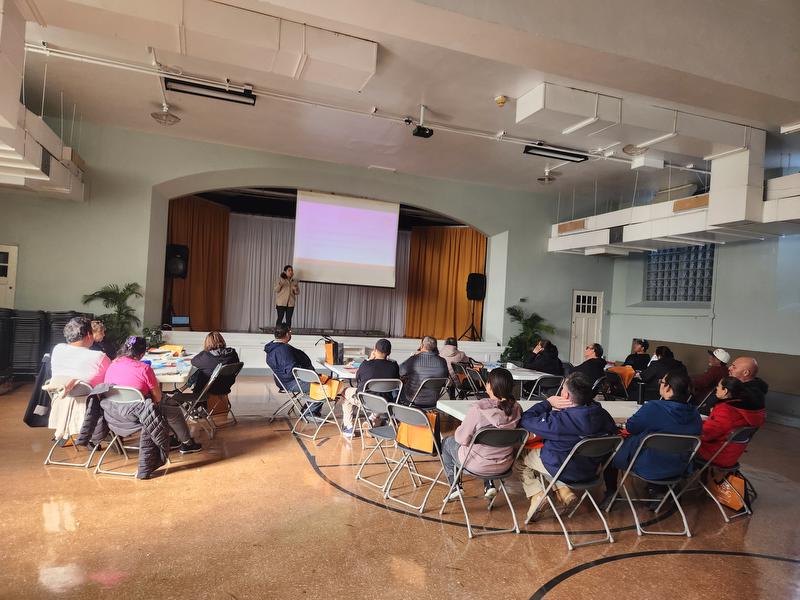
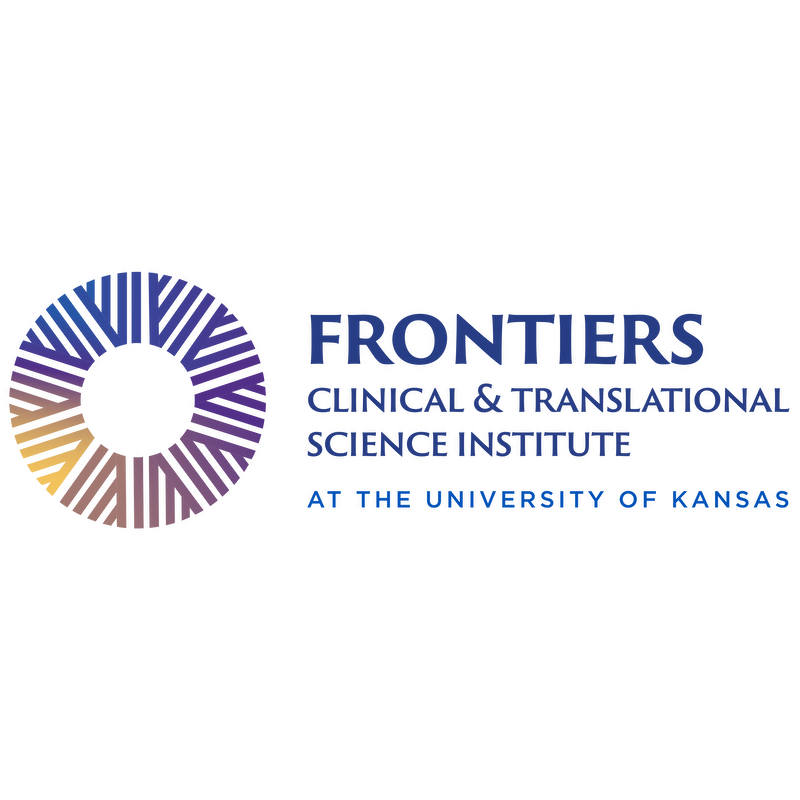
 News
News
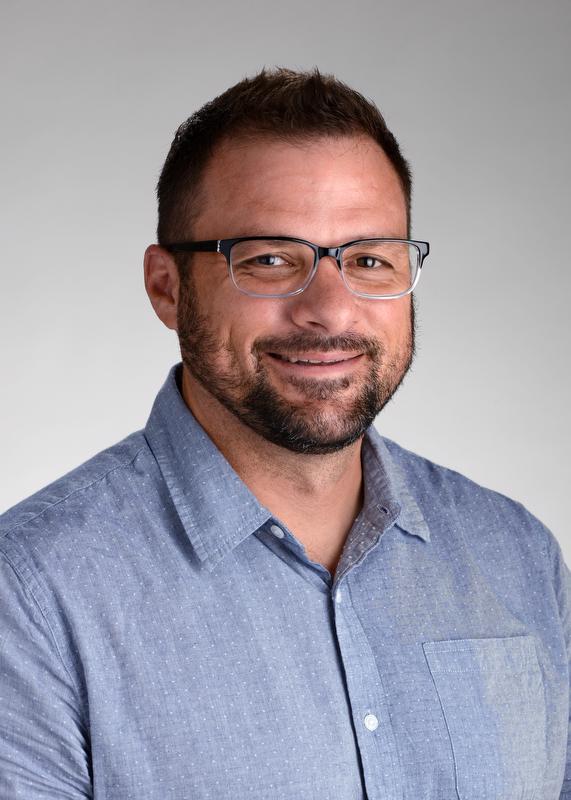
 40
40

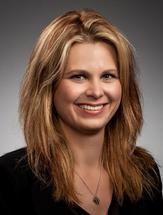 News
News
 News
News
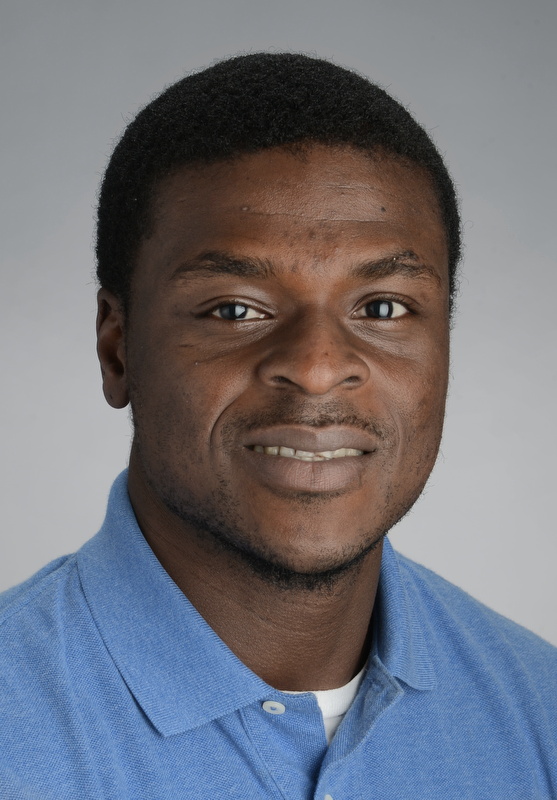 TL1 Trainee · News
TL1 Trainee · News
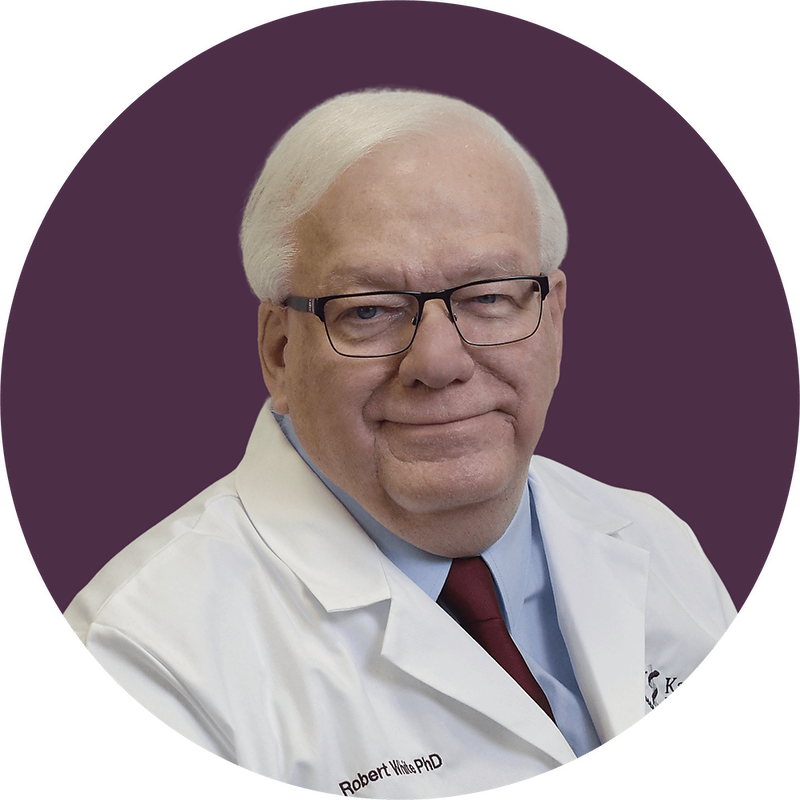 News
News
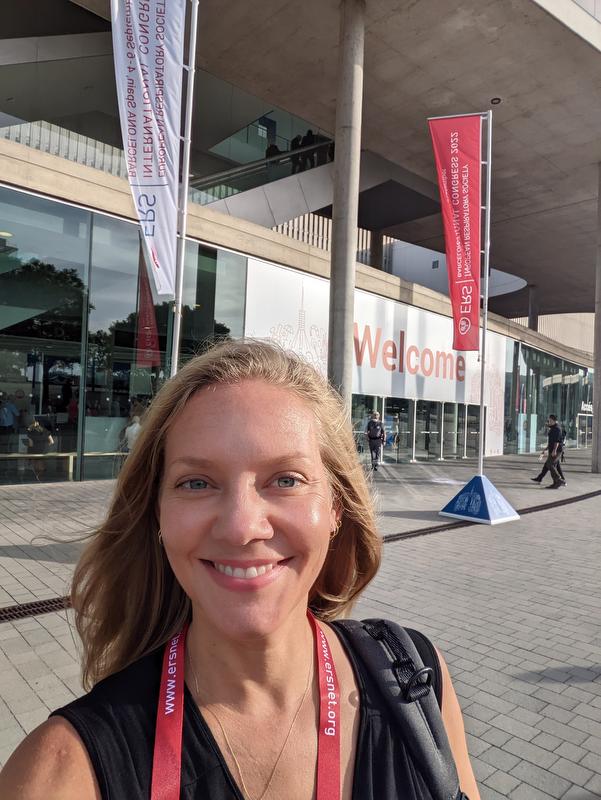 Funded Projects · News
Funded Projects · News
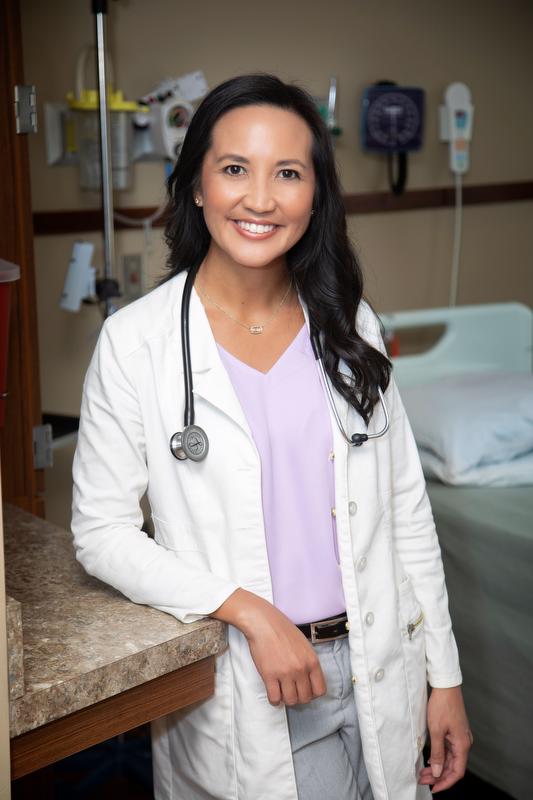 News · In the Community
News · In the Community
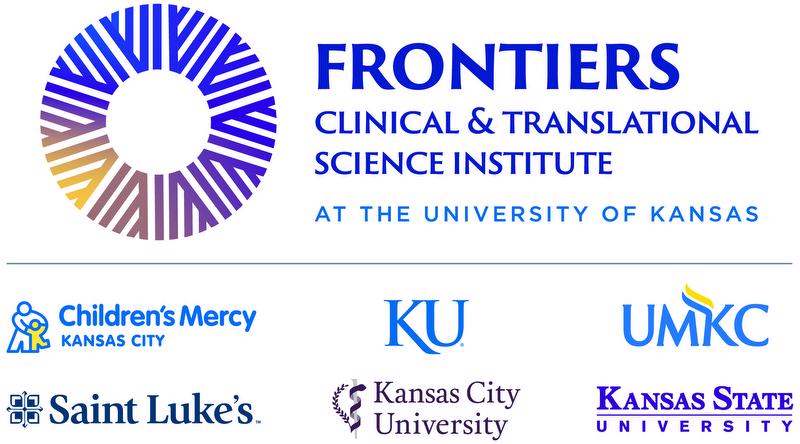 Funded Projects · News
Funded Projects · News
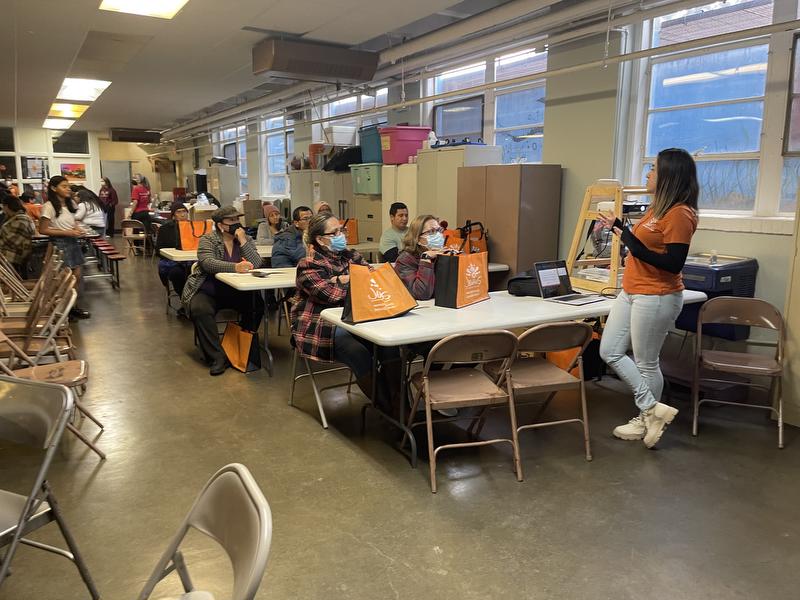 In the Community
In the Community
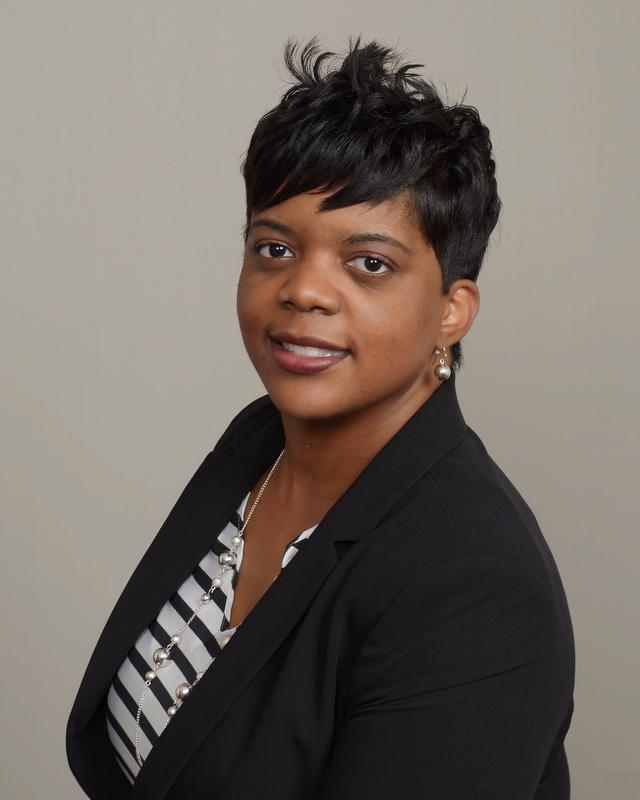 News · In the Community · Partner News
News · In the Community · Partner News
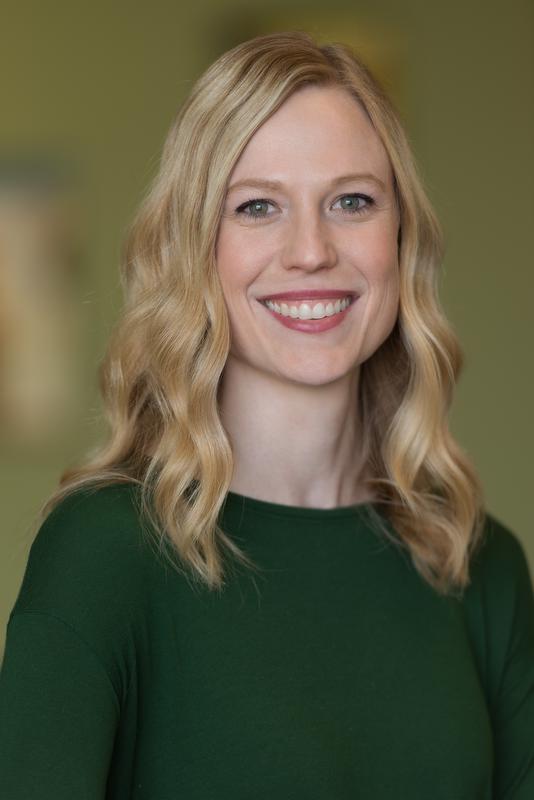 KL2 Scholar · News
KL2 Scholar · News
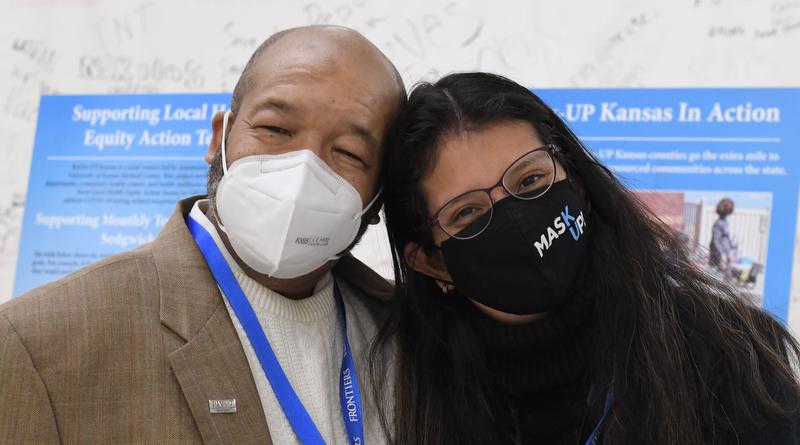 News · In the Community
News · In the Community
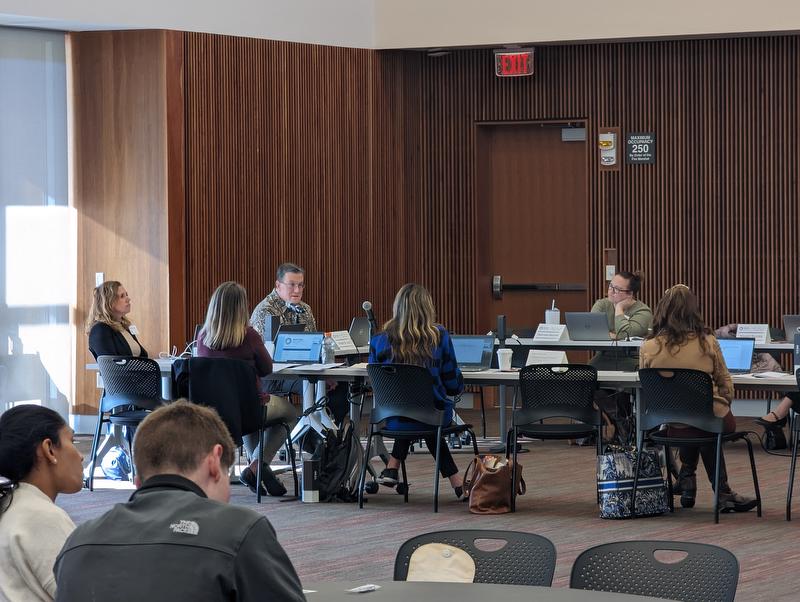 Events · News · Services
Events · News · Services
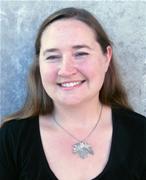 Funded Projects · News
Funded Projects · News
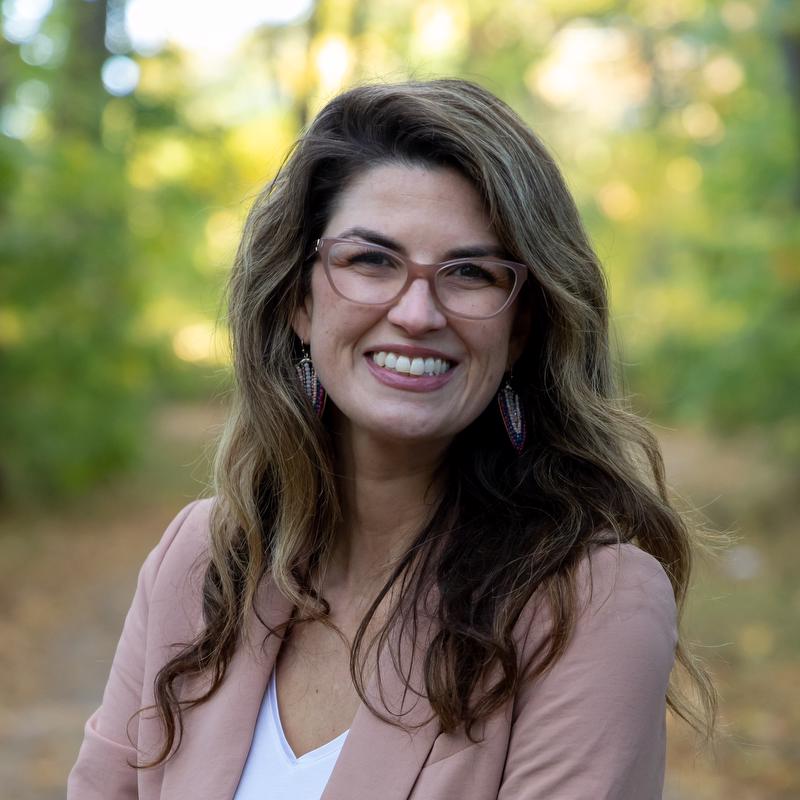 KL2 Scholar · Funded Projects · News
KL2 Scholar · Funded Projects · News
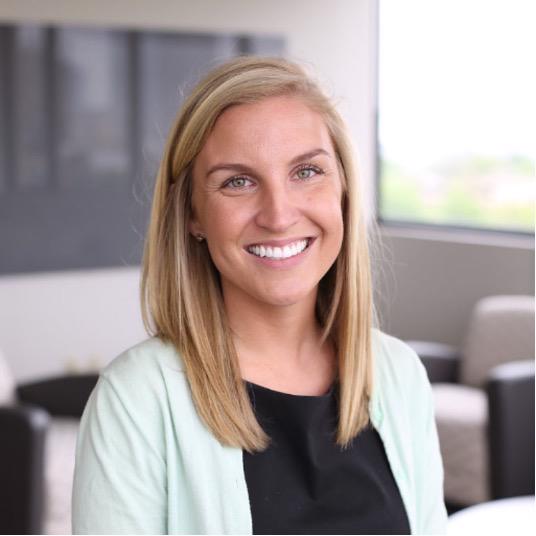 TL1 Trainee · Funded Projects · News
TL1 Trainee · Funded Projects · News
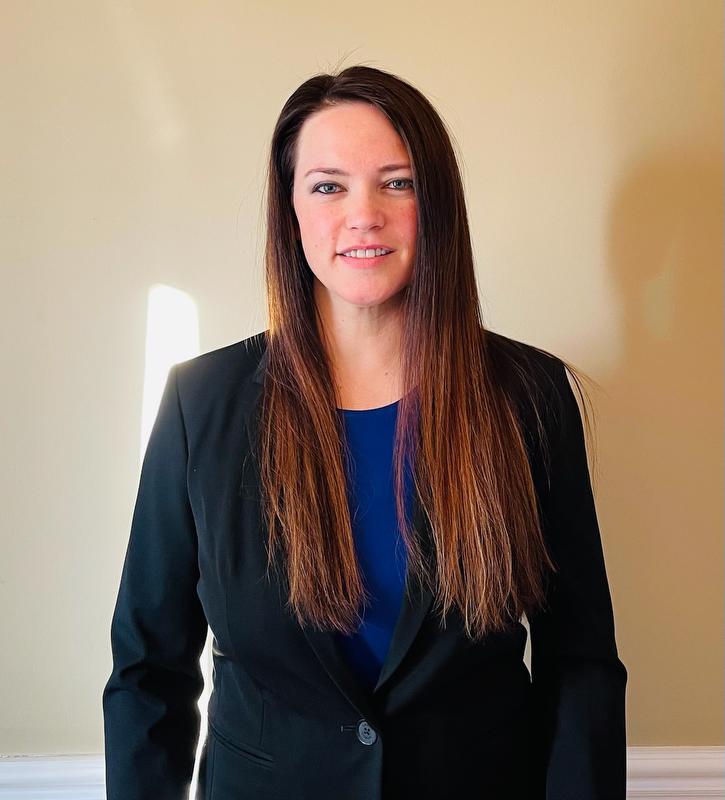 News
News
 News
News
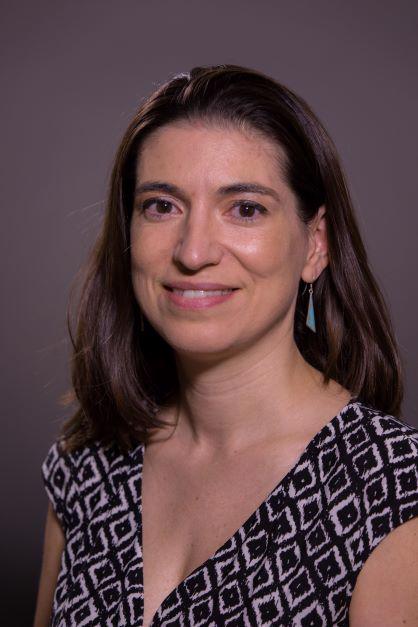 KL2 Scholar · Funded Projects
KL2 Scholar · Funded Projects
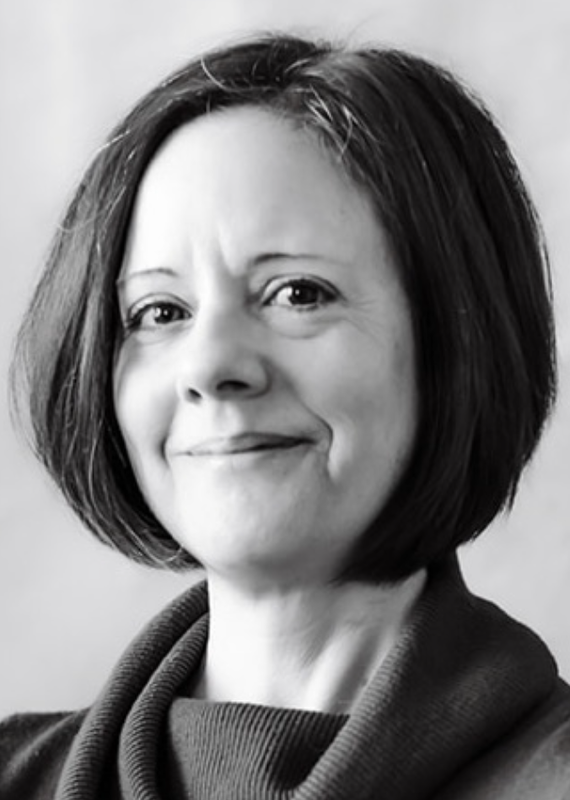 KL2 Scholar · Funded Projects
KL2 Scholar · Funded Projects
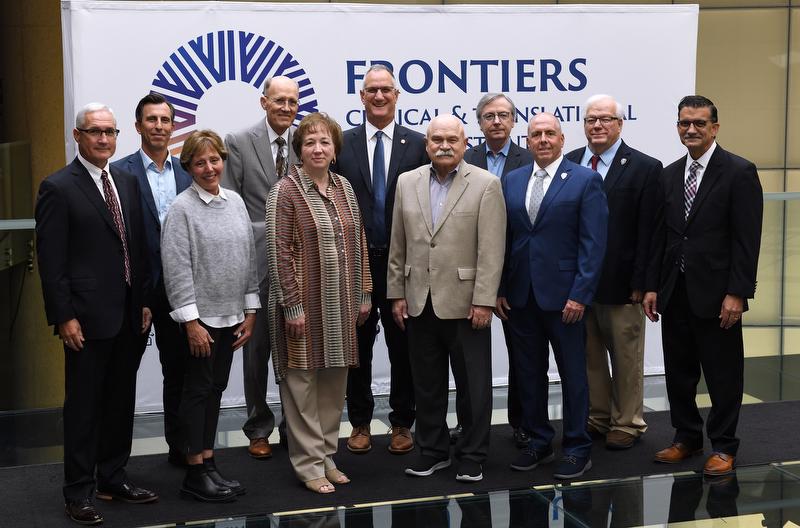 Events · News
Events · News
 News
News
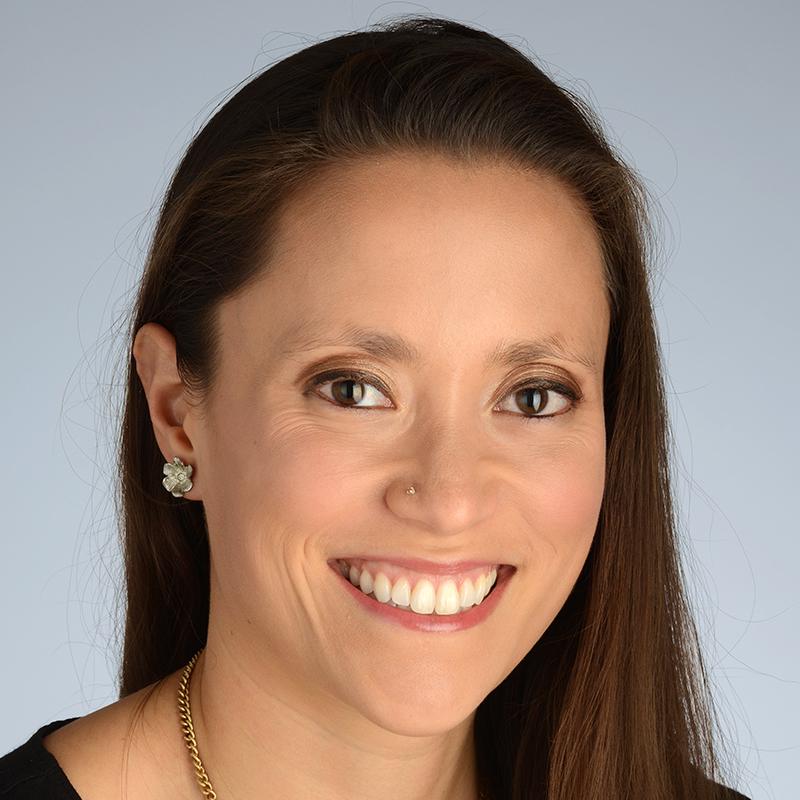 KL2 Scholar · Funded Projects
KL2 Scholar · Funded Projects
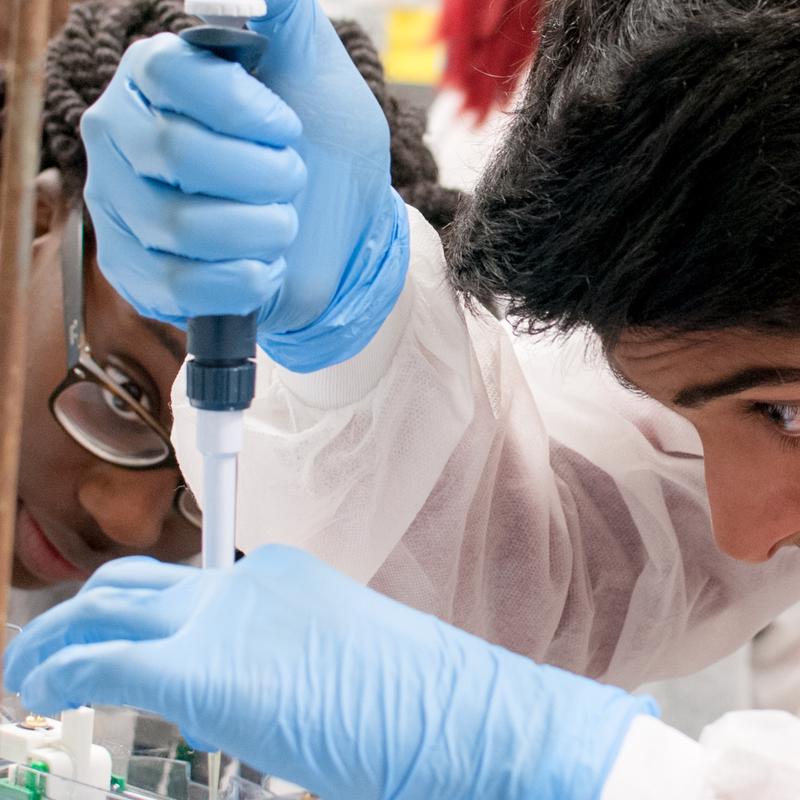 News
News
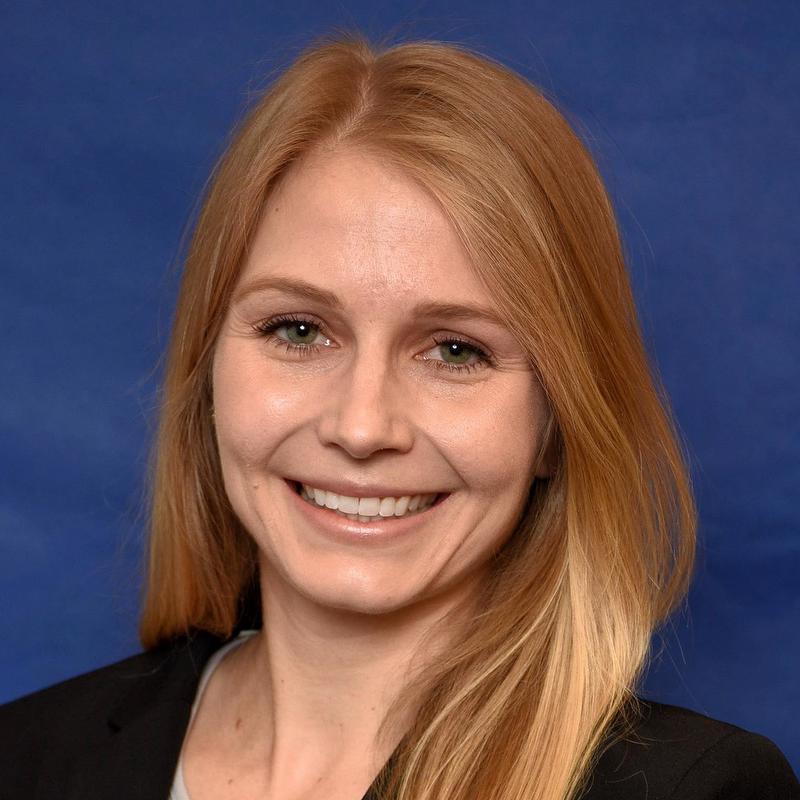 Funded Projects
Funded Projects
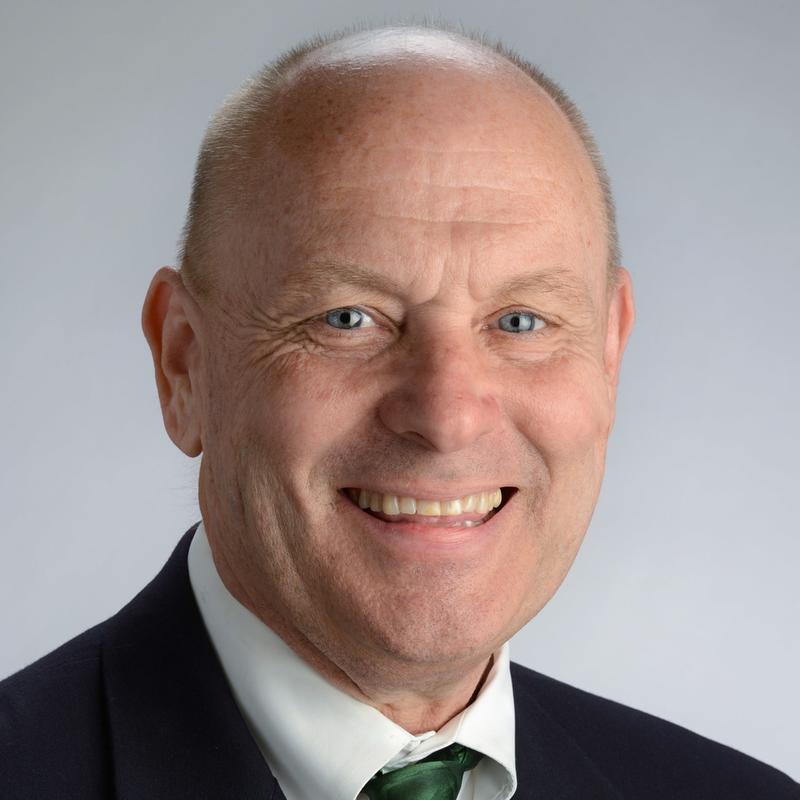
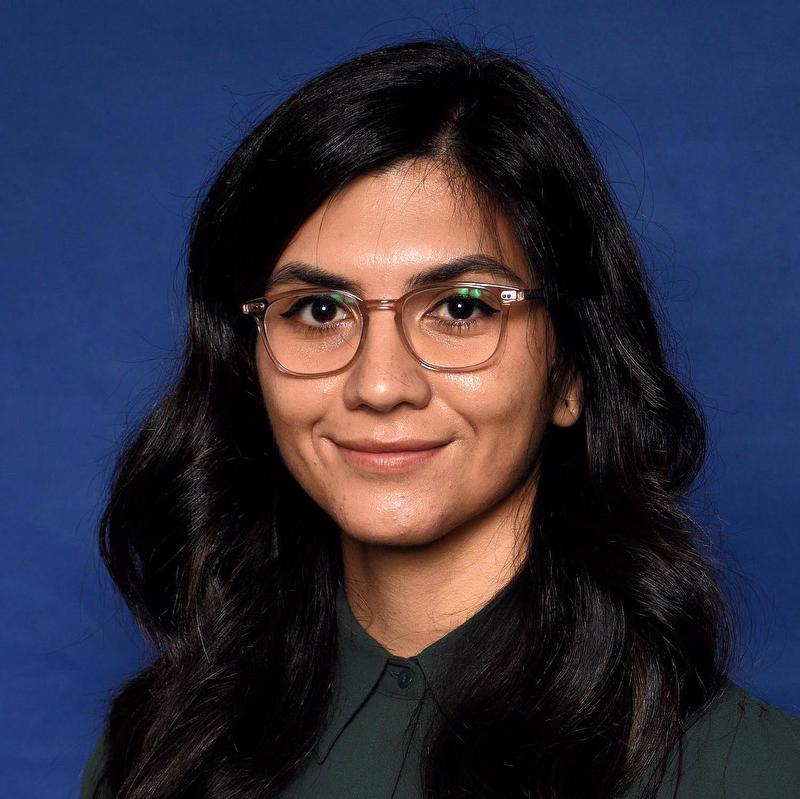 TL1 Trainee
TL1 Trainee
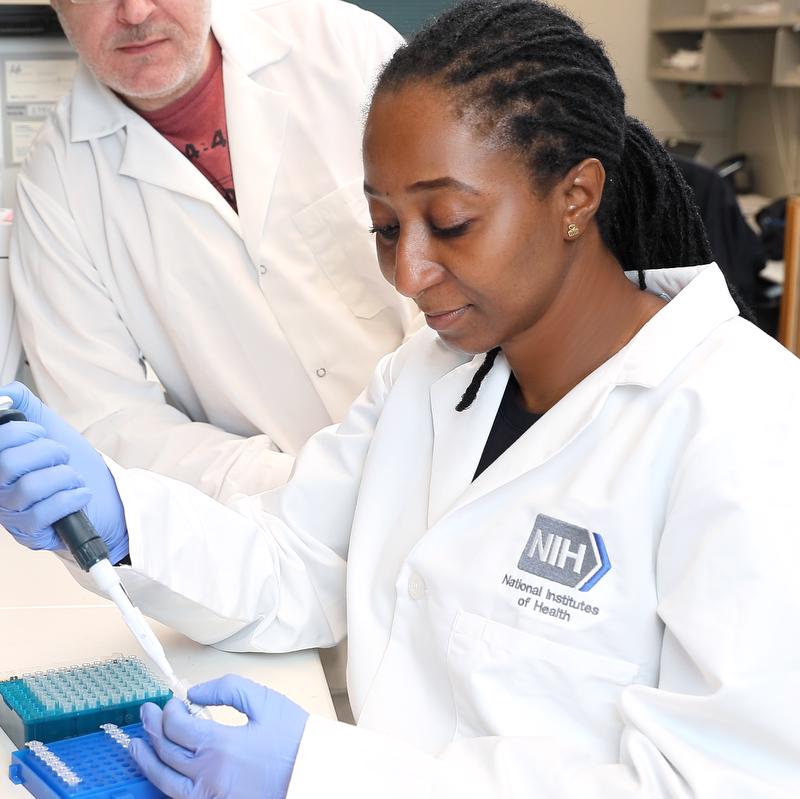 News
News
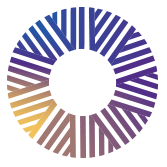 Funded Projects
Funded Projects
